Colony Formation Assay Cancer
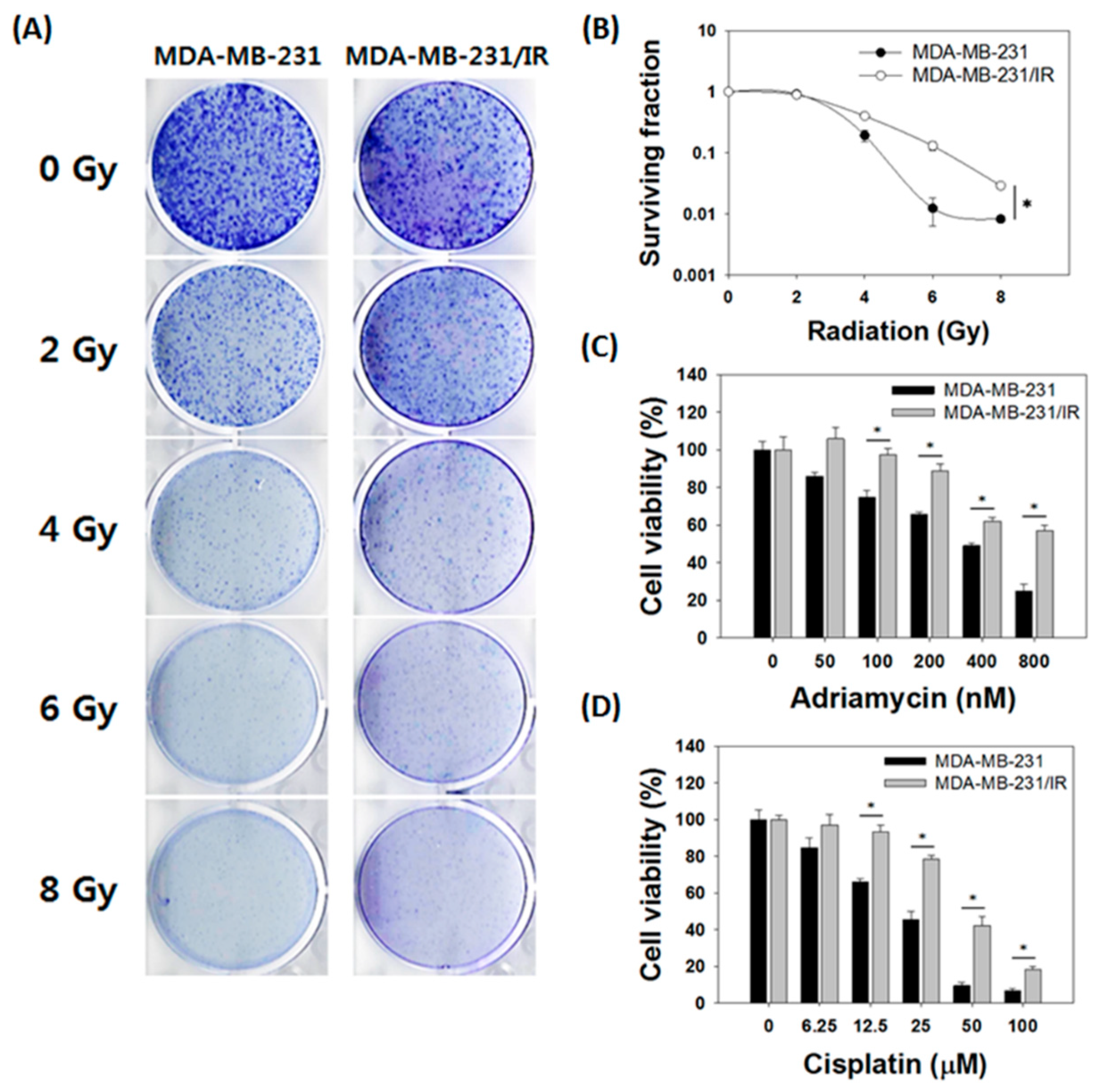
Nutrients Free Full Text Baicalein Suppresses Stem Cell Like Characteristics In Radio And Chemoresistant Mda Mb 231 Human Breast Cancer Cells Through Up Regulation Of Ifit2 Html

Cancer Stem Cells And Tumour Initiating Cells Immunopaedia
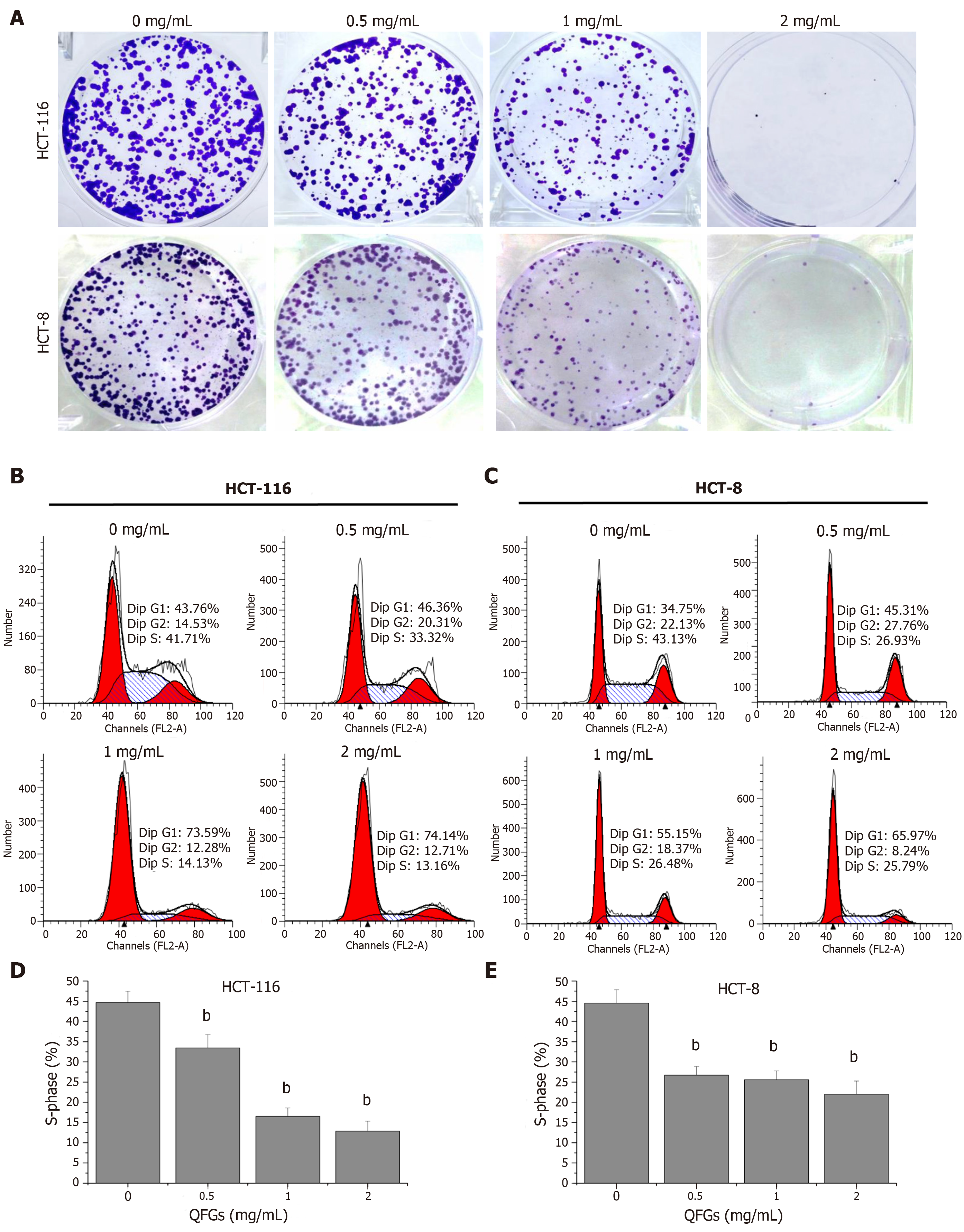
Qingjie Fuzheng Granules Inhibit Colorectal Cancer Cell Growth By The Pi3k Akt And Erk Pathways

Curcumol Inhibited Human Colorectal Cancer Cell Viability A Cell Download Scientific Diagram

Tsrna Signatures In Cancer Pnas

Figure 7 Arc Synergizes With Abt 737 To Induce Apoptosis In Human Cancer Cells Molecular Cancer Therapeutics
An in vitro assay to measure the clonogenic or colonyforming capability of cancer cells present in biopsy samples has recently been applied to study the biology and drugsensitivity of a variety of human neoplasms This approach appears to be suitable for study of the tumor stem or progenitor cells present.

Colony formation assay cancer. Colony formation assay also depicted low numbers in BC cells transfected with PTENP1, and the colony formation ability was regained with transfected miRa mimic (Fig 5d) As shown in Fig 5 e, in comparison to the control, MDAMB231 transfected with PTENP1 exhibited low aggressiveness, which was increased in MDAMB231 transfected with miRa. CANCER RESEARCH 45, , May 1985 Application of a Human Tumor Colonyforming Assay to New Drug Screening1 Robert H Shoemaker,2 Mary K WolpertDeFilippes, David H Kern, Michael M Lieber, Robert W Makuch,. The colony formation assay suggested that overexpression of LHPP dramatically inhibited the colony formation rate (Fig 7f and g) The apoptosis analysis with flow cytometry showed that overexpression of LHPP induced the apoptosis in DU145 and PC3 cell lines, which was confirmed by the elevated cleaved PARP1 by western blot (Fig 7h) The transwell assay and woundhealing assay were also performed to evaluate the effect of LHPP on the migration abilities of DU145 and PC3 cell lines.
The colony formation assay confirmed that overexpression of miR335 inhibits colony formation at least partially via directly targeting PAX6 in MCF7 cells The effect of miR335 on colony formation has been reported in several types of cancer For instance, Gong et al reported that overexpression of miR335 suppresses colony formation in small. Colony formation assay Cells were seeded into 60 mm Petri dishes and left in the incubator for 6 hours to allow cell attachment The number of cells seeded per dish was varied so that about 100 colonies were counted after a 12day incubation period. (Prostate cell) In this study, it is concluded that colony forming assay indicated that all prostate cancer cell lines formed 6070 colonies plate Prostate cancer cell line with minimal chromosomal aberrations, PrEC showed minimal colonies on colony forming assay Curcumin treatment reduced the colonies formed by nearly 50%.
ABSTRACT The applicability of a human tumor colonyforming assay to drug screening was investigated in terms of feasibility, validity, and potential for discovering new antitumor drugs. We hypothesized that cancer cellderived EVs could promote the proliferation of NSCLC cells and thus, we performed CCK8 proliferation and colony formation assays The viability of untreated A549 and H460 cells was comparable to that of A549 and H460 cells treated with normal bronchial epithelial cellderived EVs (BEAS2BEVs). In colony formation assay, the colony number of SGC7901/shMT cells treated by rhIL11 was more than those treated by PBS (SGC7901/shMT rhIL11 vs PBS, 256 ± 15 vs 0 ± 23, P < 001), and was similar with the number of SGC7901/NC/PBS group (244 ± 41, P = 0566).
Automated Soft Agar Colony Formation Assay for the HighThroughput Screening of Malignant Cell Transformation 4 March 13 The Cancer BioChip System A Functional Genomic Assay for AnchorageIndependent ThreeDimensional Breast Cancer Cell Growth. Colony‐formation assay After infection, A549 and NCI‐H1975 cells were cultured for another 72 hours and harvested, and then resuspended in F12K (A549 cells) or RPMI‐1640 medium (NCI‐1975 cells) containing 10% FBS and seeded into 6‐well plates (400 cells/well). Colony Assays are Predictive and Validated The CFC assay has been found to be particularly valuable at predicting druginduced neutropenia and myelosuppression and determining maximum tolerated dose (MTD) The CFUGM assay has been validated by the European Commission for Alternative Methods (ECVAM).
Colony forming or clonogenic assay is an in vitro quantitative technique to examine the capability of a single cell to grow into a large colony through clonal expansion Clonogenic activity is a sensitive indicator of undifferentiated cancer stem cells Here, we described the colony forming ability. In colony formation assay, the colony number of SGC7901/shMT cells treated by rhIL11 was more than those treated by PBS (SGC7901/shMT rhIL11 vs PBS, 256 ± 15 vs 0 ± 23, P < 001), and was similar with the number of SGC7901/NC/PBS group (244 ± 41, P = 0566). Cancer Research Colony Formation Assay Counting Transition from manual to automated counting Overview •Background of colony counting assay’s •Extends the sensitivity of the colony forming assay Data capture and export.
In colony formation assay, the cell growth inhibition effect of SAM treatment was much higher in gastric cancer cells (Fig 2 A, B) and colon cancer cells (Fig 2 C, D) than in normal cells (Fig 2 E, F), and this difference was significant (p. 30 (5)421–428 PMC free article Gordon MY, Blackett NM, Douglas ID Colony formation by human haemopoietic precursor cells cultured in semisolid agar in diffusion chambers Br J Haematol. The colony formation assay is an essential method for cancer research, enabling drug screens and radiation dosing to be conducted15 The assay is performed by seeding cells at a low enough density such that individual cells can propagate to a sufficient colony area without impinging on a neighboring colony (Figure 1)6, 7.
Combining the colonyforming assay with assays that directly measure cell death is likely to provide more complete information about the fate of cells in a population (Sedelies et al 08). The colony formation assay showing cell growth inhibition of cancer cells and normal cells in response to SAM treatment Representative colony images are shown. Colony forming or clonogenic assay is an in vitro quantitative technique to examine the capability of a single cell to grow into a large colony through clonal expansion Clonogenic activity is a sensitive indicator of undifferentiated cancer stem cells Here, we described the colony forming ability of the isolated breast cancer stem cells from the total population of cancer cells using doublelayered, soft agarosebased assay.
Colony formation assay is considered a 3D cell culture assay where cells grow independently of a substrate (also known as anchorageindependent growth) Only cancer cells can grow without a. Metformin inhibits breast cancer cell proliferation and reduces colony formation in vitro ER and erbB2 are important prognostic markers and therapeutic targets for breast cancer patients To study the effects of metformin in vitro, we used 4 breast cancer cell lines with variable expression levels of these two markers including MCF7,. The applicability of a human tumor colonyforming assay to drug screening was investigated in terms of feasibility, validity, and potential for discovering new antitumor drugs Feasibility was addressed in a pilot study during which basic methods, appropriate assay quality controls, and a standardized protocol for screening were developed.
Reviewed by Michael R Green) Colony formation in soft agar is the goldstandard assay for cellular transformation in vitro, but it is unsuited for high. Quercetin inhibits colony formation by prostate cancer cell lines The level of colony formation by untreated prostate cancer cells was proportional to the aggressive potential of the specific cell line Highly aggressive PC3 cells produced the largest number of colonies, 190 ± 14 (Fig 1A). We found GGCT is commonly upregulated in gastric cancer tissues Furthermore, MTT analysis showed that GGCT depletion significantly inhibited cell proliferation in MGC803 and AGS cells Colony formation assay revealed that depletion of GGCT reduced the colony formation ability in gastric cancer cells.
Abstract Given the inherent difficulties in investigating the mechanisms of tumor progression in vivo, cellbased assays such as the soft agar colony formation assay (hereafter called soft agar assay), which measures the ability of cells to proliferate in semisolid matrices, remain a hallmark of cancer research. Developed the colony formation assay using these “immortal” cells, which gave rise to first clonal population of mammalian cells3 The colony formation assay, or clonogenic assay, is an essential method for cancer research, allowing drug screens and radiation dosing to be conducted47 The assay is carried out by seeding. Because the fluorometric detection method is significantly more sensitive than manual colony counting under a microscope, the assay time is reduced from 34 weeks to just 1 week It may be of value to further study cell colonies formed in soft agar, in applications such as protein/DNA array analysis or cancer vaccine development.
The clonogenic or colony formation assay is a widely used method to study the number and size of cancer cell colonies that remain after irradiation or cytotoxic agent administration and serves as a measure for the antiproliferative effect of these treatments Alternatively, this assay is used to quantitate the transforming potential of cancer associated genes and chemical agents. And cBroad Institute of Harvard and MIT, Cambridge, MA Contributed by Kevin Struhl, March 26, 15 (sent for review January 9, 15;. This video protocol provides stepbystep instructions on how to consistently perform the Colony Forming Cell (CFC) Assay Tips are provided throughout the v.
The demonstrated sensitivity to most standard agents, discrimination of nontoxic compounds, reproducibility of survival values within assays and between laboratories, and evidence of ability to identify active compounds which were negative in the in vivo prescreen suggest that the human tumor colonyforming assay may be a valuable tool for antitumor drug screening However, because of technical limitations inherent in the current assay methodology, this must be confined to selected tumor. Quercetin inhibits colony formation by prostate cancer cell lines The level of colony formation by untreated prostate cancer cells was proportional to the aggressive potential of the specific cell line Highly aggressive PC3 cells produced the largest number of colonies, 190 ± 14 (Fig 1A ). The colony formation assay suggested that overexpression of LHPP dramatically inhibited the colony formation rate (Fig 7f and g) The apoptosis analysis with flow cytometry showed that overexpression of LHPP induced the apoptosis in DU145 and PC3 cell lines, which was confirmed by the elevated cleaved PARP1 by western blot (Fig 7h) The transwell assay and woundhealing assay were also performed to evaluate the effect of LHPP on the migration abilities of DU145 and PC3 cell lines.
High throughput and automatic colony formation assay was realized to facilitate more objective assessments in cancer research Graphical Abstract High throughput and automatic colony formation assay was realized by in situ impedimetric analysis across a pair of parallel plate electrodes in a culture chamber. A clonogenic assay, also known as a colony formation assay is an in vitro cell survival assay It assesses the ability of single cells to survive and reproduce to form colonies 1 This assay was first described in the 1950s, where it was used to study the effects of radiation on cancer cell survival and growth and has subsequently played an essential role in radiobiology 2. The clonogenic or colony formation assay is a widely used method to study the number and size of cancer cell colonies that remain after irradiation or cytotoxic agent administration and serves as a measure for the antiproliferative effect of these.
Colony formation assay is a method to evaluate the adhesionindependent cell proliferation of cancer cells Single tumorigenic cell with a high proliferation rate forms colonies in the soft agar plate in a few weeks. Colony formation assay is a method to evaluate the adhesionindependent cell proliferation of cancer cells Single tumorigenic cell with a high proliferation rate forms colonies in the soft agar plate in a few weeks To compare the cell growth of PC3 subpopulations in the adhesionindependent condition, colony formation assay was performed as below 1. Summary The soft agar colony formation assay is a method used to confirm cellular anchorageindependent growth in vitro The goal of this protocol is to illustrate a stringent method for the detection of the tumorigenic potential of transformed cells and the tumor suppressive effects of proteins on transformed cells Abstract.
Colony assays for tumor progenitors can also be used to investigate cellcell interactions important for the maintenance of the tumor cell population in culture We have recently demonstrated a dosedependent requirement for macrophages for colony formation from tumor progenitor cells in malignant effusions 3. Dana–Farber Cancer Institute, Boston, MA ;. Df CCK8, colony formation and EdU assays showed that knockdown of BPTF, RBBP4 or SNF2L suppressed proliferation of BGC3 and AGS cells g Knockdown of BPTF, RBBP4 or SNF2L promoted apoptosis of BGC3 and AGS cells.
In many cases it is essential to measure the proliferative capacity of treated cells to provide an indirect measurement of cell death This can be achieved using the colonyforming assay described here This protocol specifically applies to measurement of HeLa cells but can be used for most adherent celllines with limited motility. Indeed, soft agar colony formation assay is one of the most rigorous assays available to assess cell invasion While similar highthroughput assays have been optimised for other cancer cells, this has not been the case for medulloblastoma, a cancer that shows a high level of metastasis 8 , and lacks optimised 3D highthroughput assays for drug screening. It is, therefore, the most commonly used criteria for the validation of oncology targets The primary method of monitoring anchorageindependent growth is the detection of soft agar colony formation, which measures proliferation by manual counting of colonies in semisolid culture media.
The clonogenic assay or colony forming assay is a wellestablished in vitro method for testing the survival and proliferative capability of cancer cells, and more recently cancer stem cells, under different treatment conditions 1 The assay assesses clonogenicity the ability of a cell to clone itself and grow into a full colony of cloned cells 2 This is typically an endpoint based assay where colonies are fixed and stained and survival curves are plotted ( find out more about clonogenic. Methods MT overexpression models were established by transfection assay in gastric cancer cells BGC3 and MKN28 Cell proliferation assay, colony formation in soft aga r, woundhealing assay and tran swell migration assay were performed with MT overexpression and negative control (NC) cells Subcutaneous xenografts and pulmonary metastasis. The soft agar colony formation assay is a wellestablished method for characterizing this capability in vitro and is considered to be one of the most stringent tests for malignant transformation in.
Indeed, soft agar colony formation assay is one of the most rigorous assays available to assess cell invasion While similar highthroughput assays have been optimised for other cancer cells, this has not been the case for medulloblastoma, a cancer that shows a high level of metastasis 8 , and lacks optimised 3D highthroughput assays for drug screening. The Soft Agar Colony Formation Assay allows testing of the therapeutic efficacy of compounds for anchorageindependent cell growth In the Soft Agar Assay, cells grow from single cells to cell colonies in an agar solution keeping them from the solid surface and allows growth in an anchorageindependent way. The effect of napabucasin on PCa cells in cell proliferation, colony formation, and cell migration in vitro were measured by MTS, colony formation assay, and Transwell, respectively Flow cytometry was employed to evaluate cell cycle and cell apoptosis, and the effect on tumorigenesis in vivo was examined by tumor growth assays.
CFC (ColonyForming Cell) Assays Provided by ReachBio CFC assays are well characterized and validated in vitro assays that can detect an increase or decrease in the frequency of hematopoietic progenitor proliferation and/or changes in differentiation potential in response to stimulatory, inhibitory or toxic agents. A clonogenic assay is a cell biology technique for studying the effectiveness of specific agents on the survival and proliferation of cells It is frequently used in cancer research laboratories to determine the effect of drugs or radiation on proliferating tumor cells as well as for titration of Cellkilling Particles (CKPs) in virus stocks. To further confirm it, we conducted colony formation assay, and found that the colony numbers were decreased after circDONSON silencing (Fig 2d) Importantly, the Ki67 positive BGC3 and AGS cells were reduced after circDONSON knockdown (Fig 2 e), supporting that circDONSON knockdown inhibited GC cell proliferation.
Colony formation (clonogenic) assay is a commonly used technique to assay the survival and proliferation of cells under in vitro conditions Clonogenic assay can be used to estimate the reproductive death of cells before or after treatment such as irradiation therapy or cytotoxic drugs 7. The colony forming cell (CFC) assay, also referred to as the methylcellulose assay, is an in vitro assay used in the study of hematopoietic stem cells The assay is based on the ability of hematopoietic progenitors to proliferate and differentiate into colonies in a semisolid media in response to cytokine stimulation. Colony Formation Clonogenic Assay Cancer Crystal Violet Drug Titration HighThroughput Upright Color Brightfield Introduction The colony formation assay is an essential method for cancer research, enabling drug screens and radiation dosing to be conducted15 The assay is performed by seeding cells at a low enough.
CFUL Leukemic ColonyForming Cell Assays The CFC assay can be used in the cancer stem cell field to study leukemicCFC and CFUs While certain leukemic CFCs are morphologically distinct and can be visually distinguished from their normal counterparts, others look very similar to normal CFCs and can be confirmed as cancer CFCs by additional criteria in downstream assays (eg cancer cell.
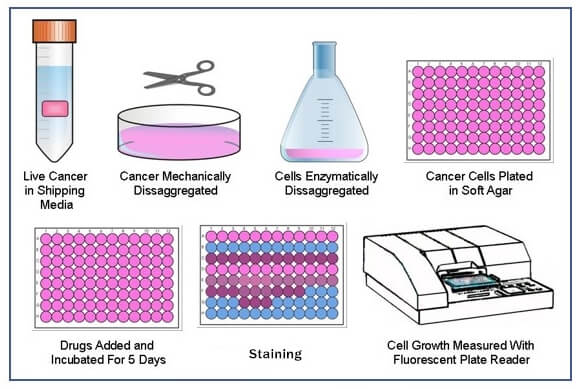
Soft Agar Colony Formation Assay Creative Bioarray Creative Bioarray
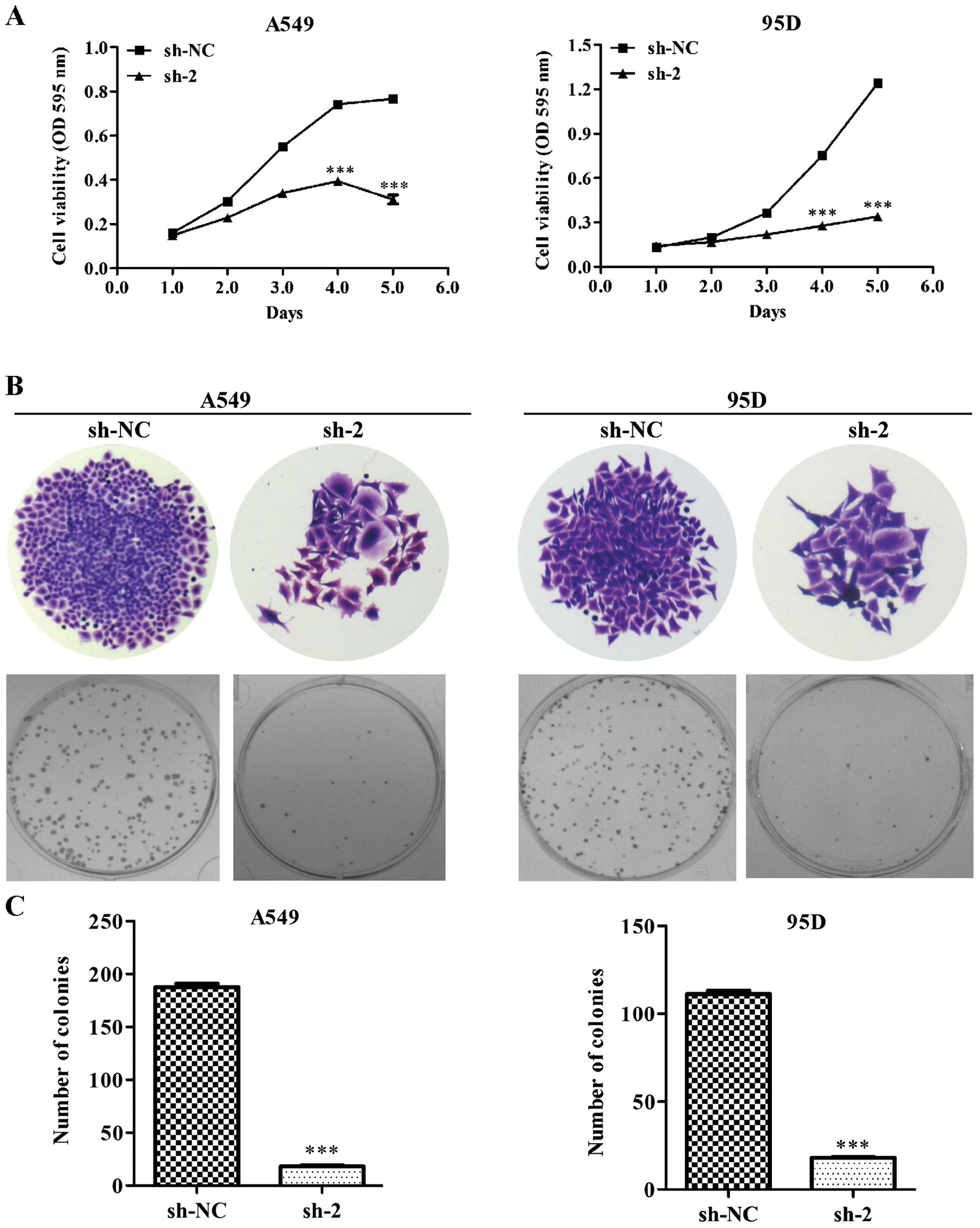
Suppression Of Cep55 Reduces Cell Viability And Induces Apoptosis In Human Lung Cancer

Effect Of Yuka1 On Anti Cancer Drug Resistance A Colony Formation Download Scientific Diagram
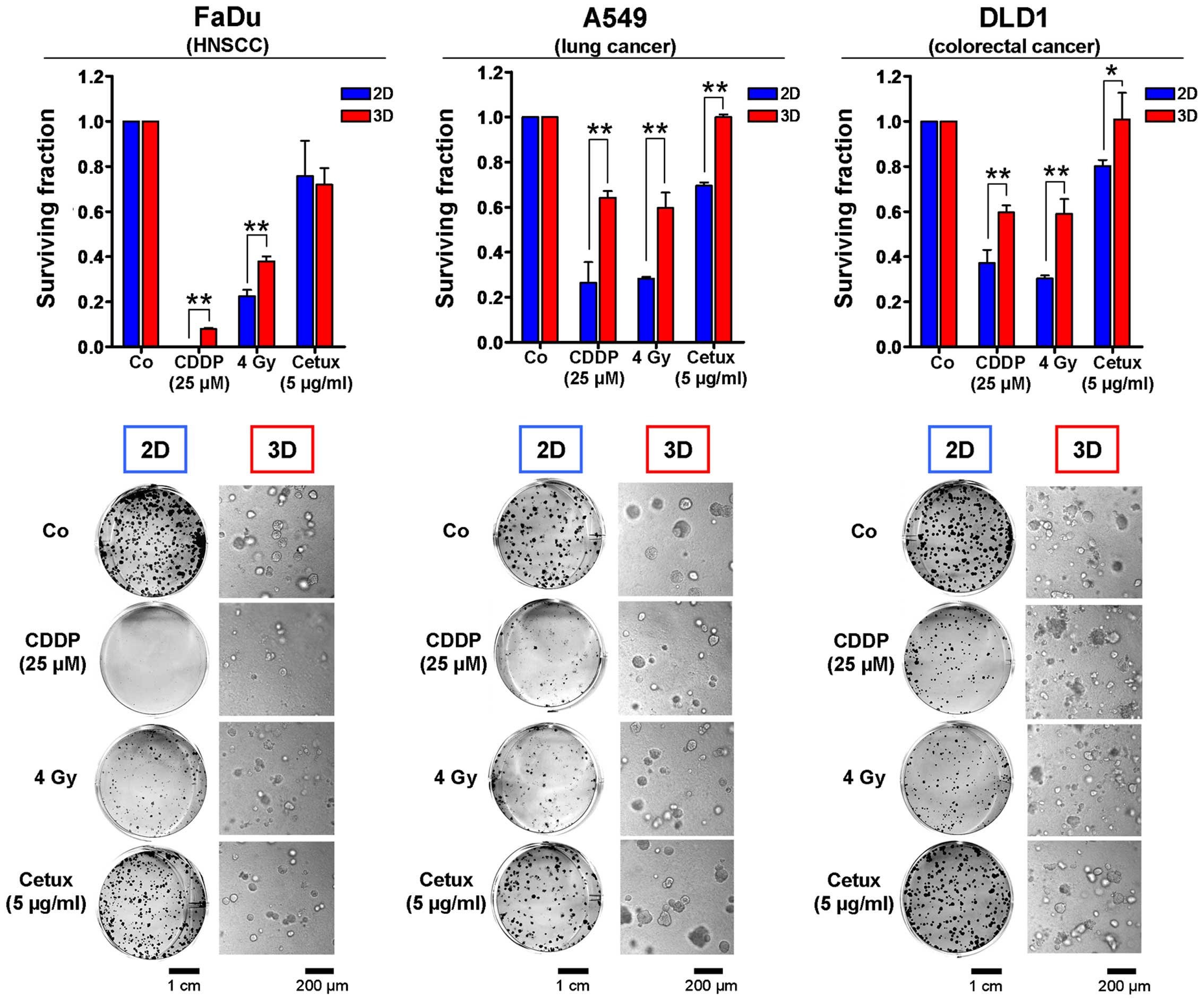
3d Matrix Based Cell Cultures Automated Analysis Of Tumor Cell Survival And Proliferation
Q Tbn And9gcqckkkqu6ntitr X8xu8hoohb4fw8 Gpakevbmd6 X A3pnp1sl Usqp Cau
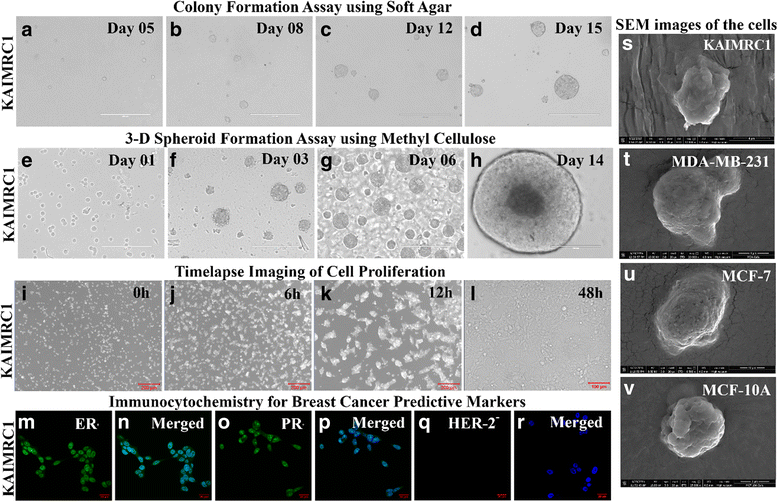
Isolation And Characterization Of A New Naturally Immortalized Human Breast Carcinoma Cell Line Kaimrc1 Bmc Cancer Full Text

Fucoidan On Clonogenic Effect Of Hepg2 Cancer Cells Was Analyzed By Download Scientific Diagram
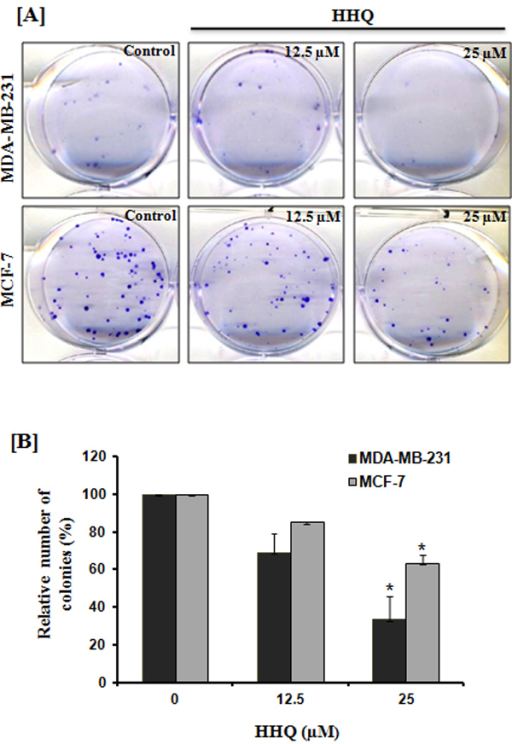
The Inhibitory Effects Of Hhq On Colony Formation In Hu Open I

High Throughput Fluorescent Colony Formation Assay January 10
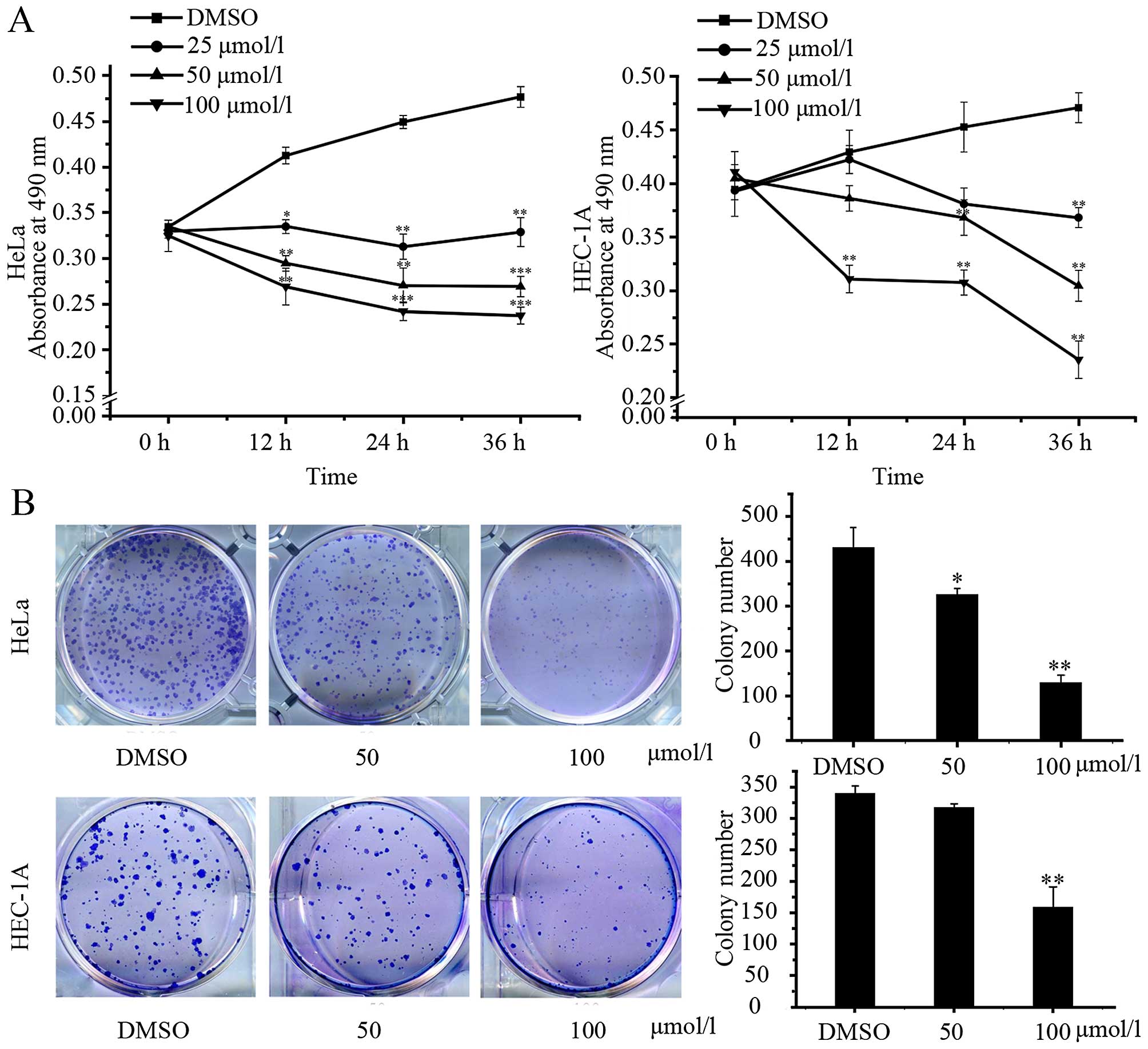
Caudatin Targets Tnfaip1 Nf Kb And Cytochrome C Caspase Signaling To Suppress Tumor Progression In Human Uterine Cancer
5 Methoxyhydnocarpin Shows Selective Anti Cancer Effects And Induces Apoptosis In Thp 1 Human Leukemia Cancer Cells Via Mitochondrial Disruption Suppression Of Cell Migration And Invasion And Cell Cycle Arrest Bangladesh Journal Of
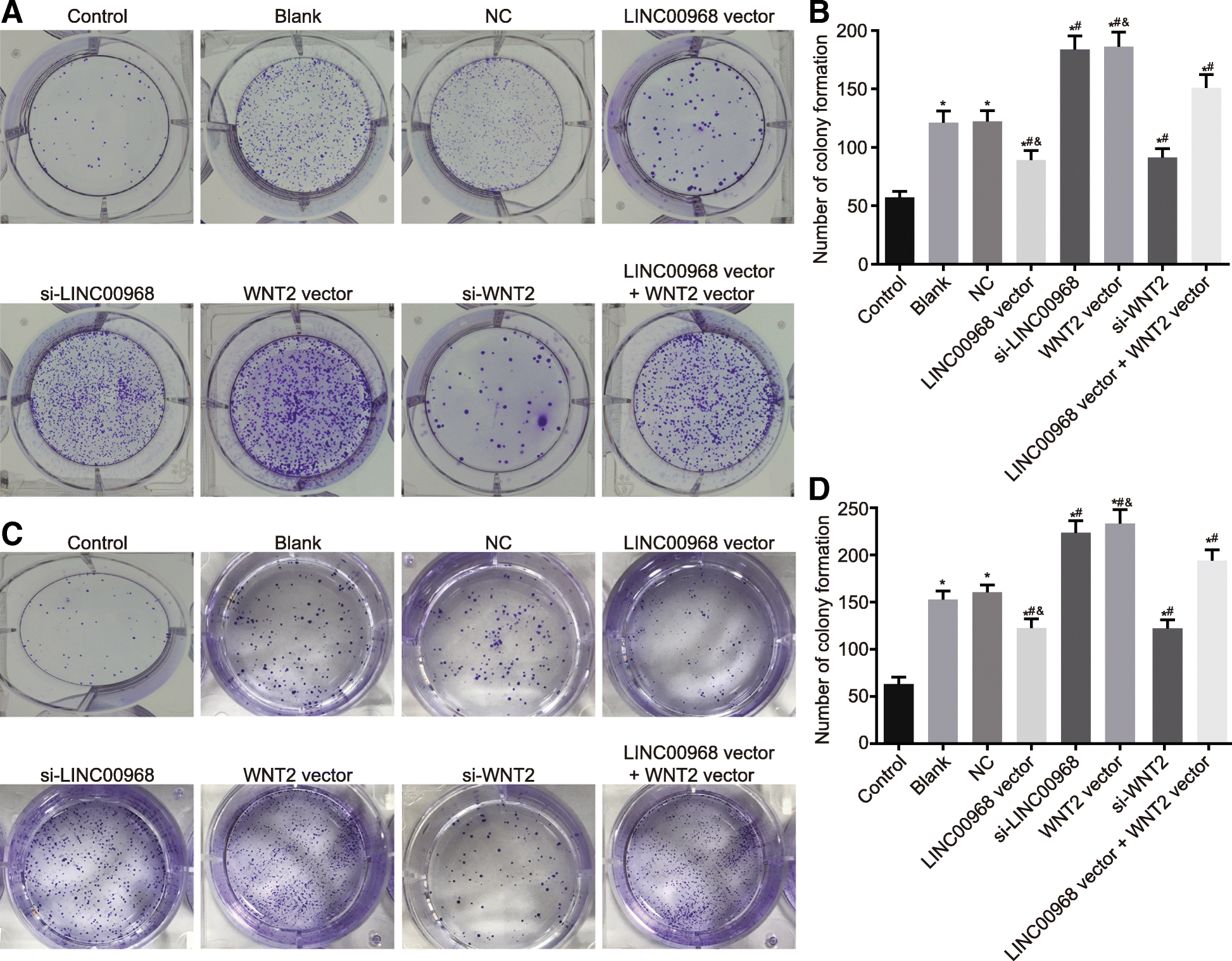
Long Non Coding Rna Linc Attenuates Drug Resistance Of Breast Cancer Cells Through Inhibiting The Wnt2 B Catenin Signaling Pathway By Regulating Wnt2 Journal Of Experimental Clinical Cancer Research Full Text

Nk Cell Mediated Cytotoxicity Contributes To Tumor Control By A Cytostatic Drug Combination Science
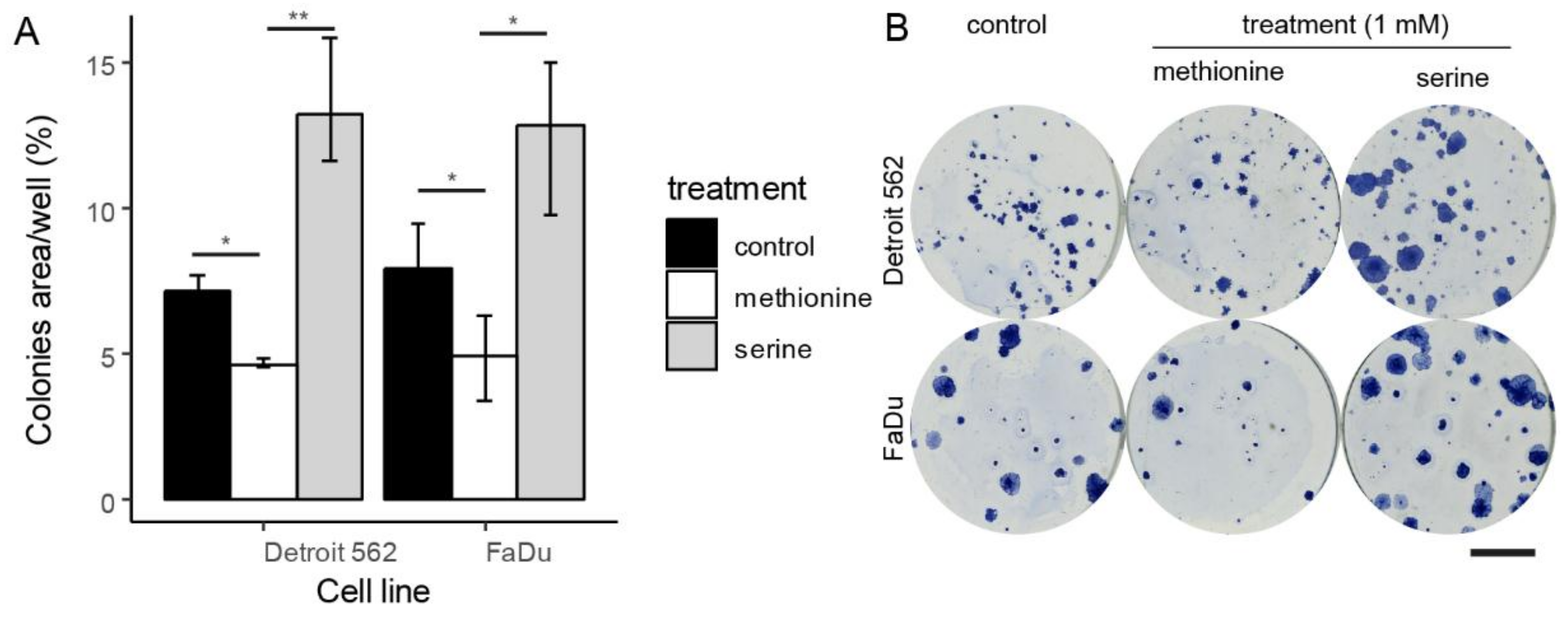
Cells Free Full Text Prognostic Significance Of Serum Free Amino Acids In Head And Neck Cancers Html
A Colony Forming Assay For Pancreatic Cancer Cell Lines Panc1 Cells Download Scientific Diagram

Dose Dependent Colony Forming Assay Of Ssbc Different Concentration Of Download Scientific Diagram

Pf Inhibits Colony Formation Of Pancreatic Cancer Cells Notes A Download Scientific Diagram

Influence Of Metformin On Stemness Property Of Cancer Cells A Colony Download Scientific Diagram

Microrna 451 Regulates Macrophage Migration Inhibitory Factor Production And Proliferation Of Gastrointestinal Cancer Cells Clinical Cancer Research

Clonogenic Assay Of Igfbp2 And Igfbp5 Genes In Two Lung Cancer Cell Download Scientific Diagram
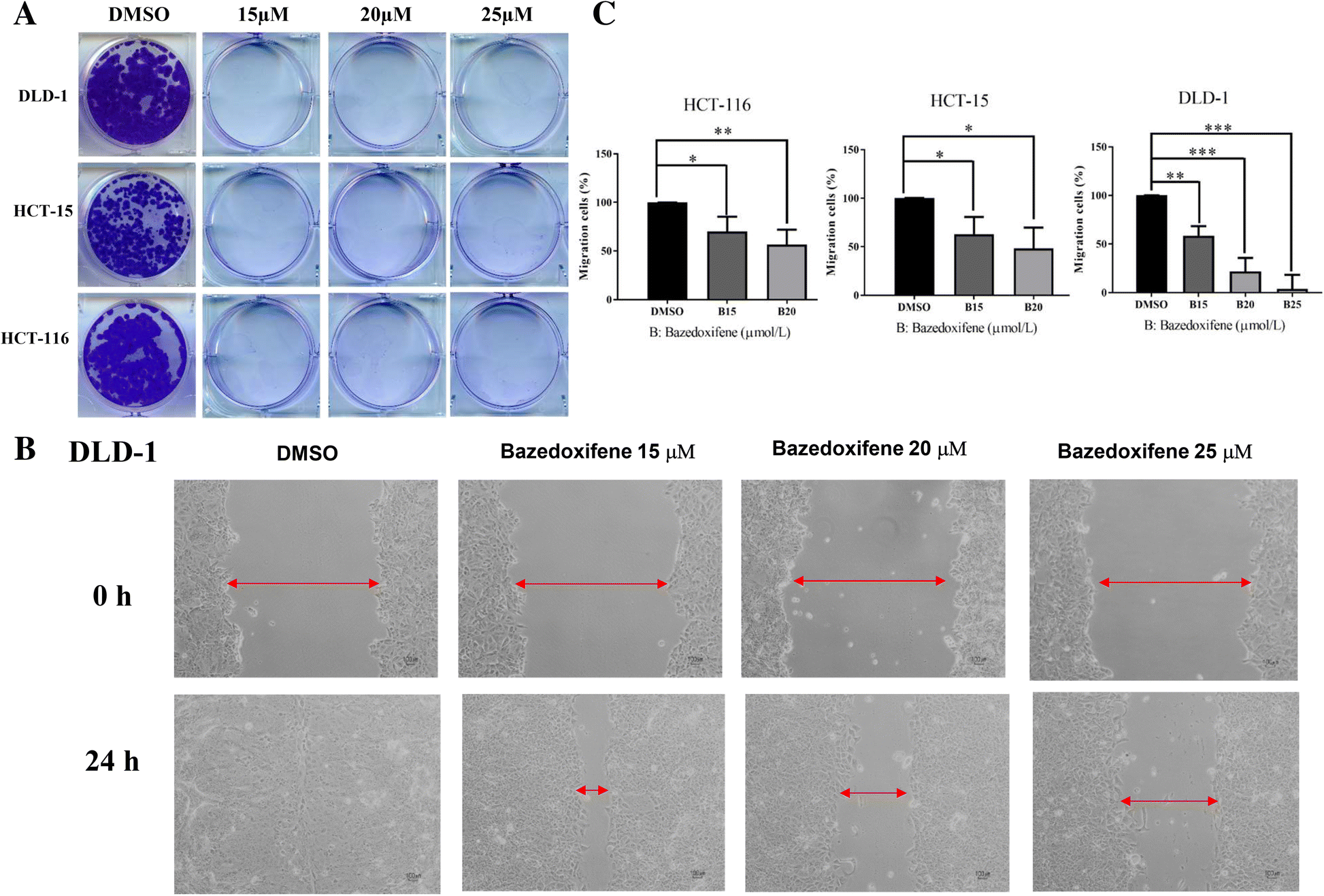
Bazedoxifene As A Novel Gp130 Inhibitor For Colon Cancer Therapy Journal Of Experimental Clinical Cancer Research Full Text

Overexpression Of Arntl Suppressed The Growth Of Cp70 And Mcp2 By Download Scientific Diagram
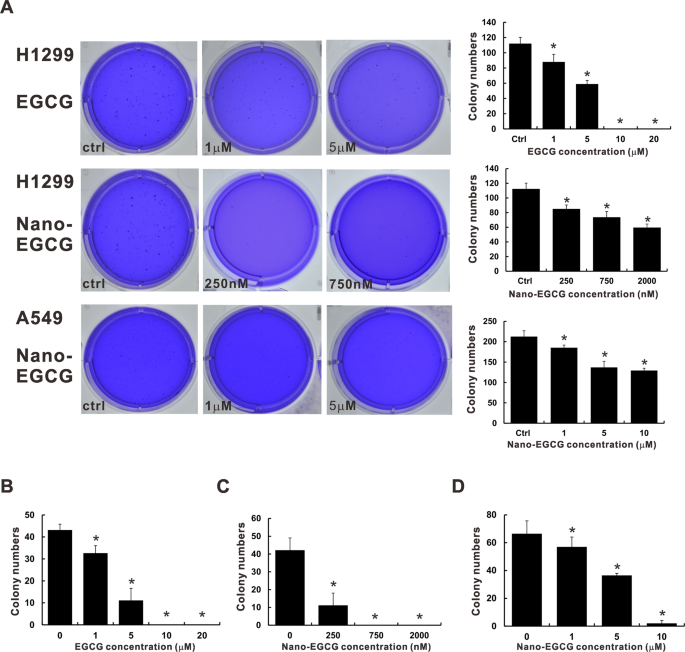
Anticancer Effects Of Epigallocatechin 3 Gallate Nanoemulsion On Lung Cancer Cells Through The Activation Of Amp Activated Protein Kinase Signaling Pathway Scientific Reports

Nodal Blocking Antibody Affects Colony Formation Of Human Breast Cancer Download Scientific Diagram
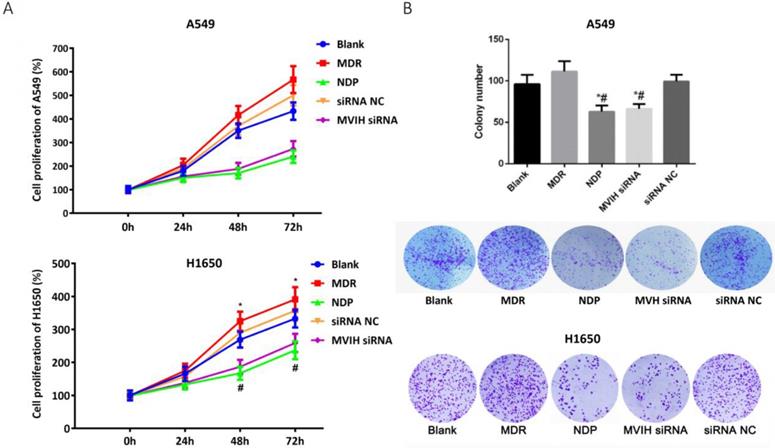
Nedaplatin Reduces Multidrug Resistance Of Non Small Cell Lung Cancer By Downregulating The Expression Of Long Non Coding Rna Mvih

Cytoselect 96 Well In Vitro Tumor Sensitivity Assay Soft Agar Colony Formation Assay Kit

The Inhibitory Effect Of Dkk3 On Colony Formation Assay In Breast Download Scientific Diagram
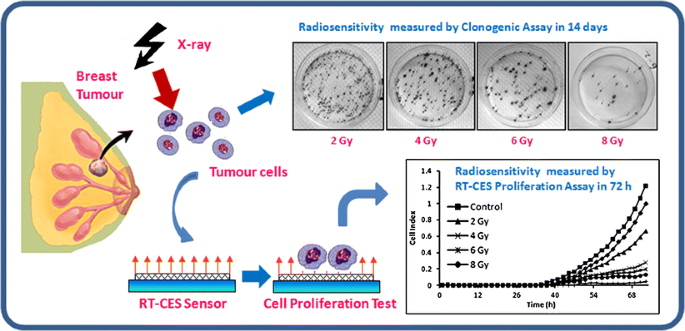
Real Time Cell Impedance Sensing Assay As An Alternative To Clonogenic Assay In Evaluating Cancer Radiotherapy Springerlink
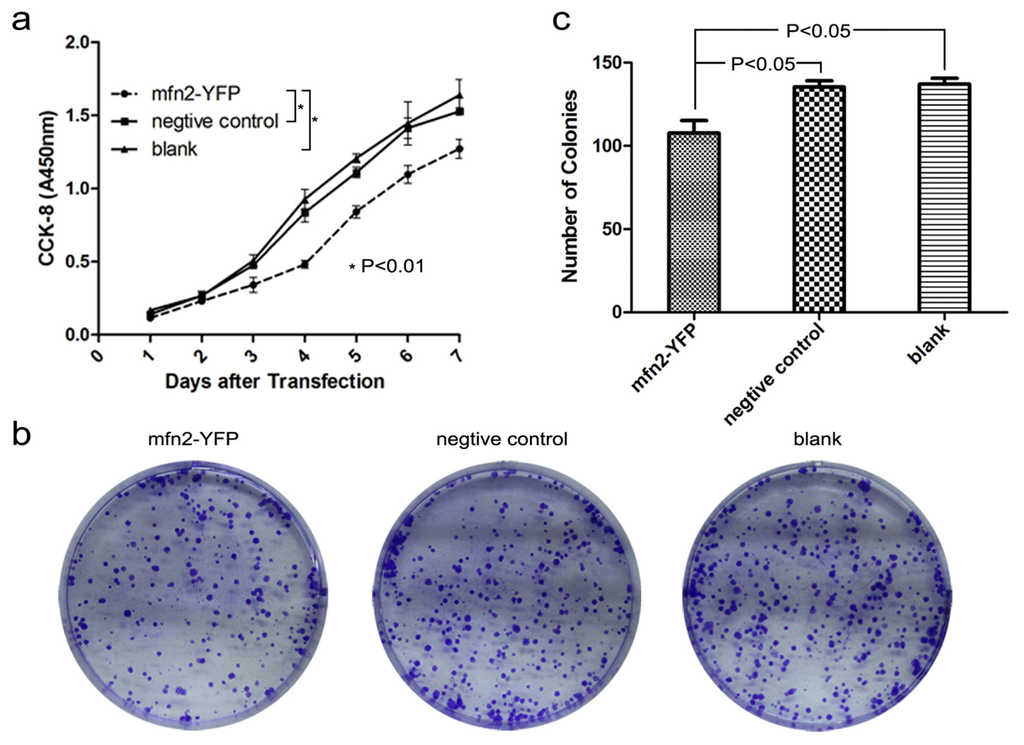
Ijms Free Full Text Anti Tumor Effects Of Mfn2 In Gastric Cancer Html

Trim27 Promotes Proliferation And Colony Formation In Colorectal Cancer Download Scientific Diagram

Metformin Inhibits Tumorigenesis And Tumor Growth Of Breast Cancer Cells By Upregulating Mir 0c But Downregulating Akt2 Expression
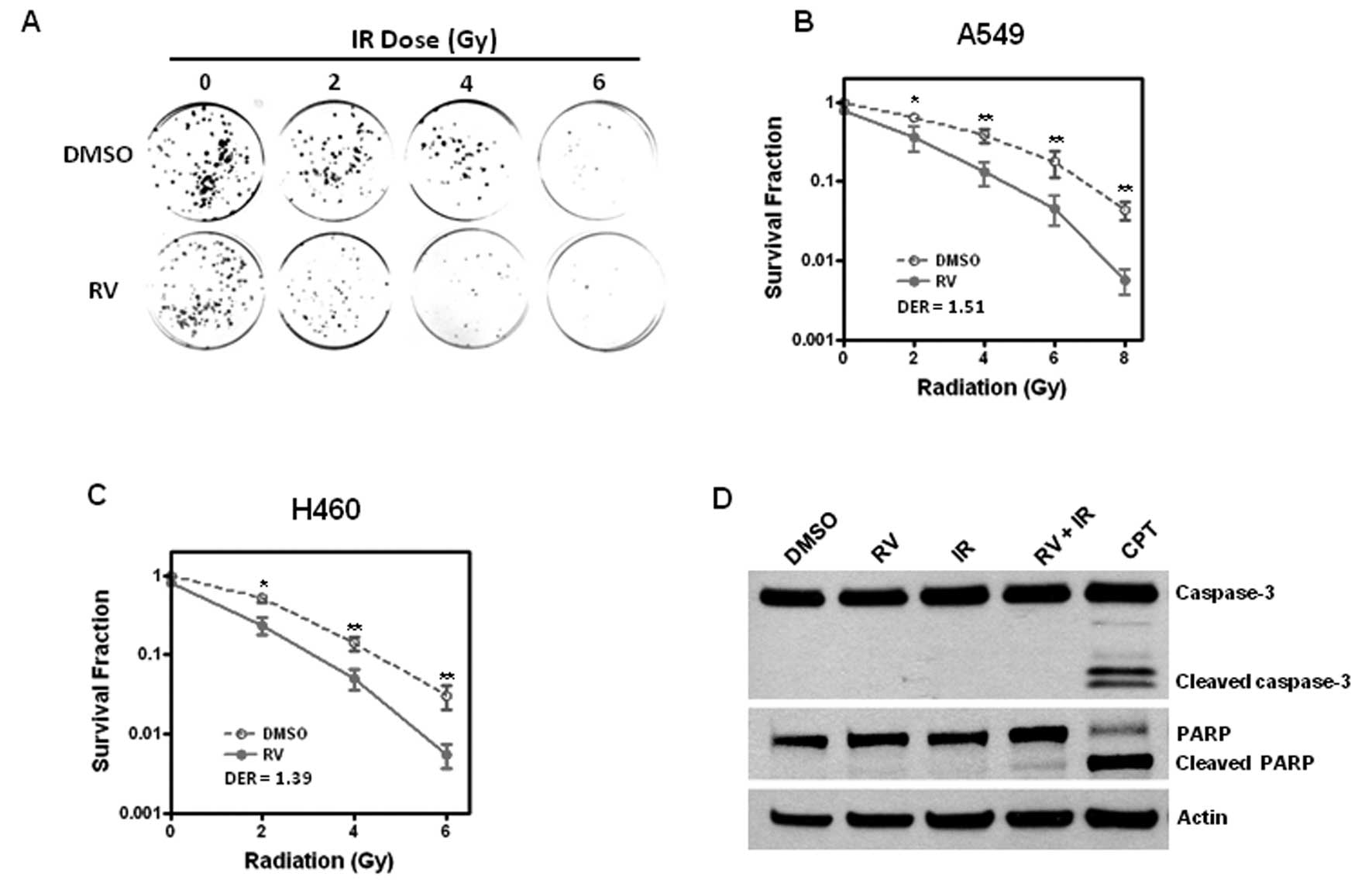
Resveratrol Enhances Ionizing Radiation Induced Premature Senescence In Lung Cancer Cells

Cytoselect 96 Well In Vitro Tumor Sensitivity Assay Soft Agar Colony Formation Assay Kit
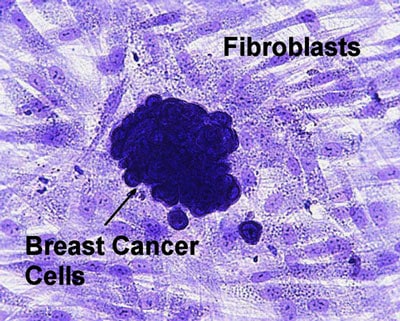
Clonogenic Assay Suspension Cells Colony Formations
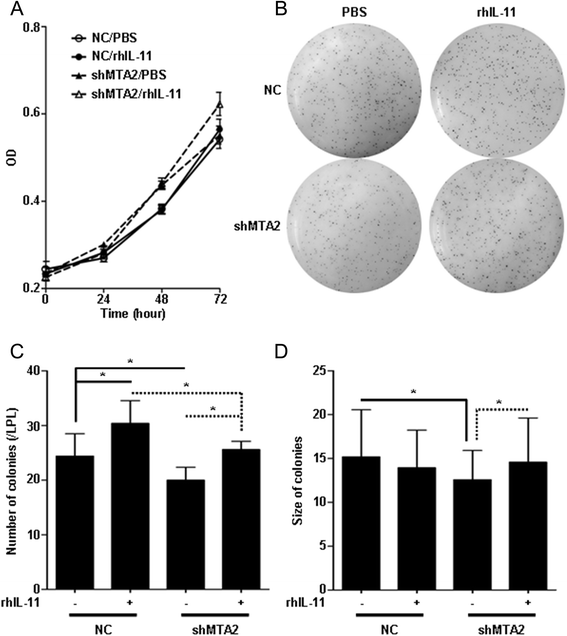
Mta2 Enhances Colony Formation And Tumor Growth Of Gastric Cancer Cells Through Il 11 Bmc Cancer Full Text
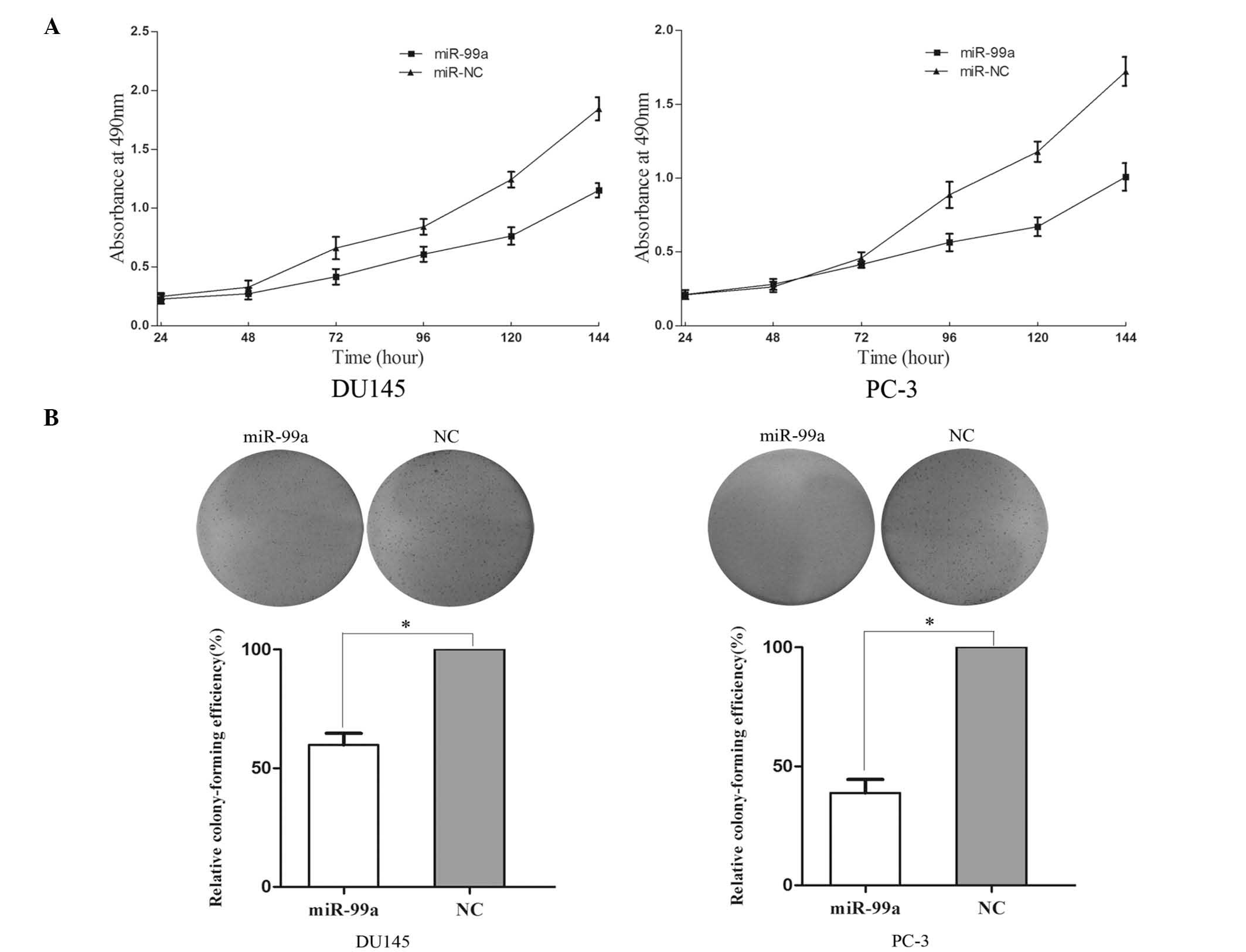
Microrna 99a Inhibits Cell Proliferation Colony Formation Ability Migration And Invasion By Targeting Fibroblast Growth Factor Receptor 3 In Prostate Cancer

Full Text Yap Regulates Al Dh1a1 Expression And Stem Cell Property Of Bladder Ca Ott

Preclinical Assessment Of The Bioactivity Of The Anticancer Coumarin Ot48 By Spheroids Colony Formation Assays And Zebrafish Xenografts Protocol
Plos One Gata4 Inhibits Cell Differentiation And Proliferation In Pancreatic Cancer

Pimozide Inhibits The Ability Of Colony Forming In Prostate Cancer Download Scientific Diagram

Automated Colony Formation Assay May 1

Clonogenic Assay Shows The Long Term Effects Of Combination Treatment Of Human Cancer Cells With Thiostrepton And Bortezomib
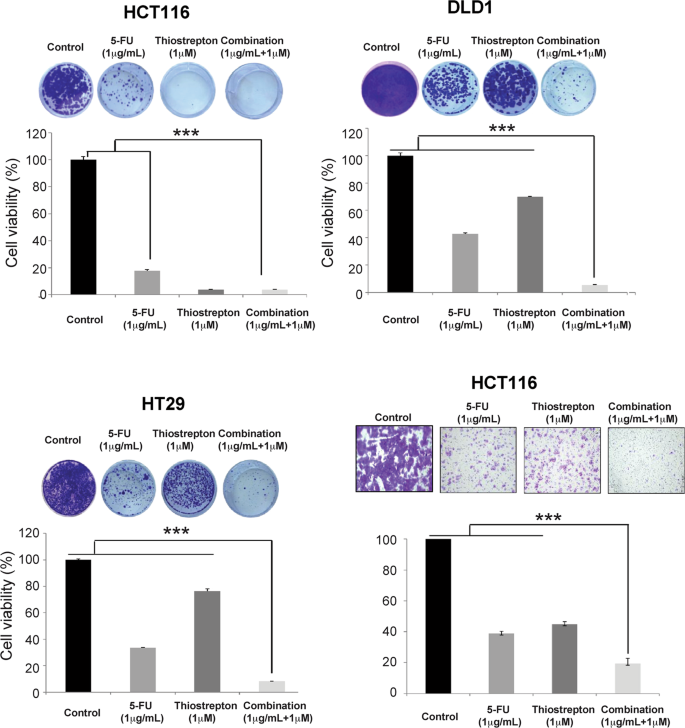
Foxm1 Modulates 5 Fu Resistance In Colorectal Cancer Through Regulating Tyms Expression Scientific Reports

High Throughput Fluorescent Colony Formation Assay January 10
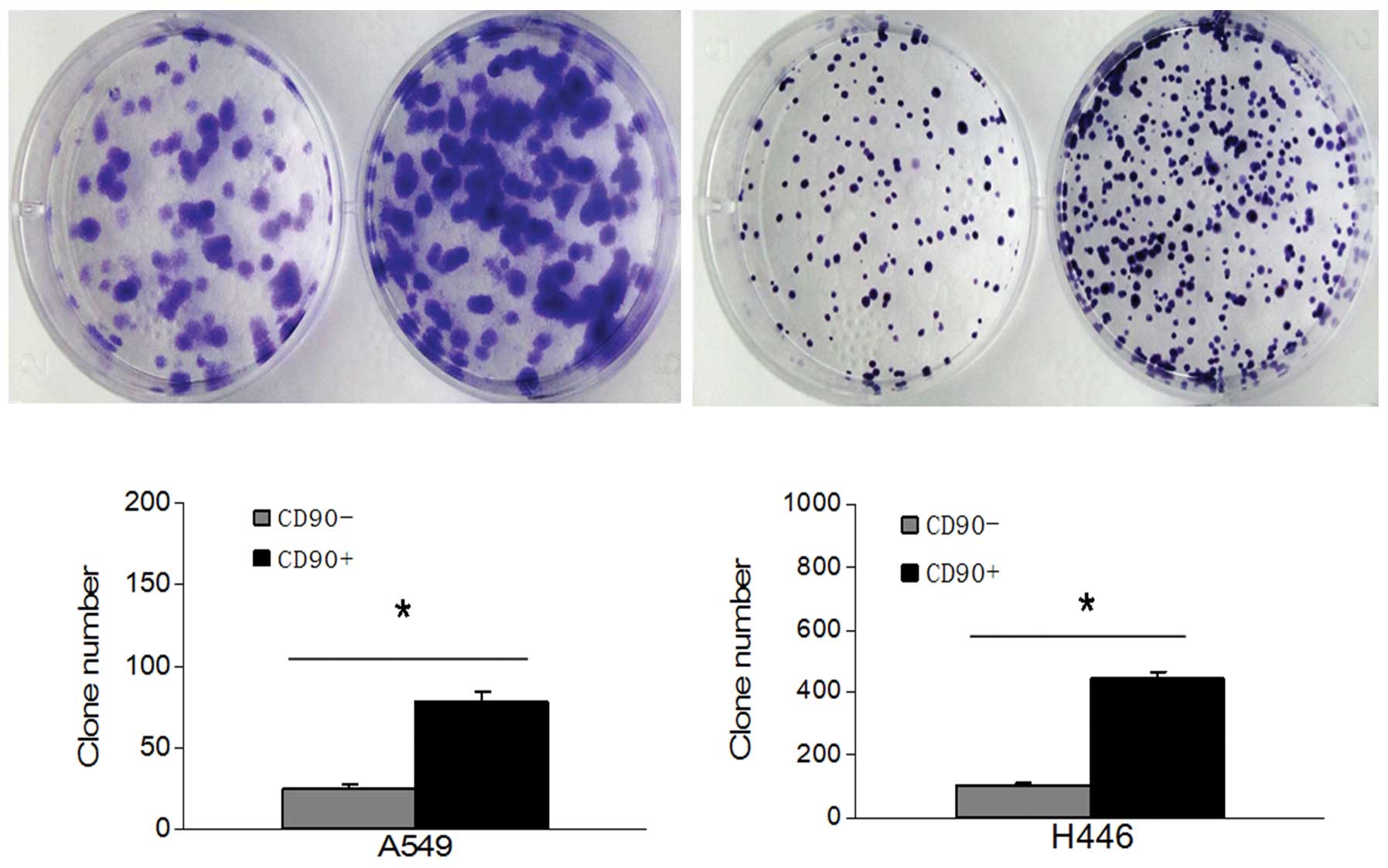
Identification Of Cd90 As A Marker For Lung Cancer Stem Cells In A549 And H446 Cell Lines
Plos One Zic1 Is Downregulated Through Promoter Hypermethylation And Functions As A Tumor Suppressor Gene In Colorectal Cancer

Effects Of Prostacaid On Long Term Cell Viability By Colony Formation Download Scientific Diagram
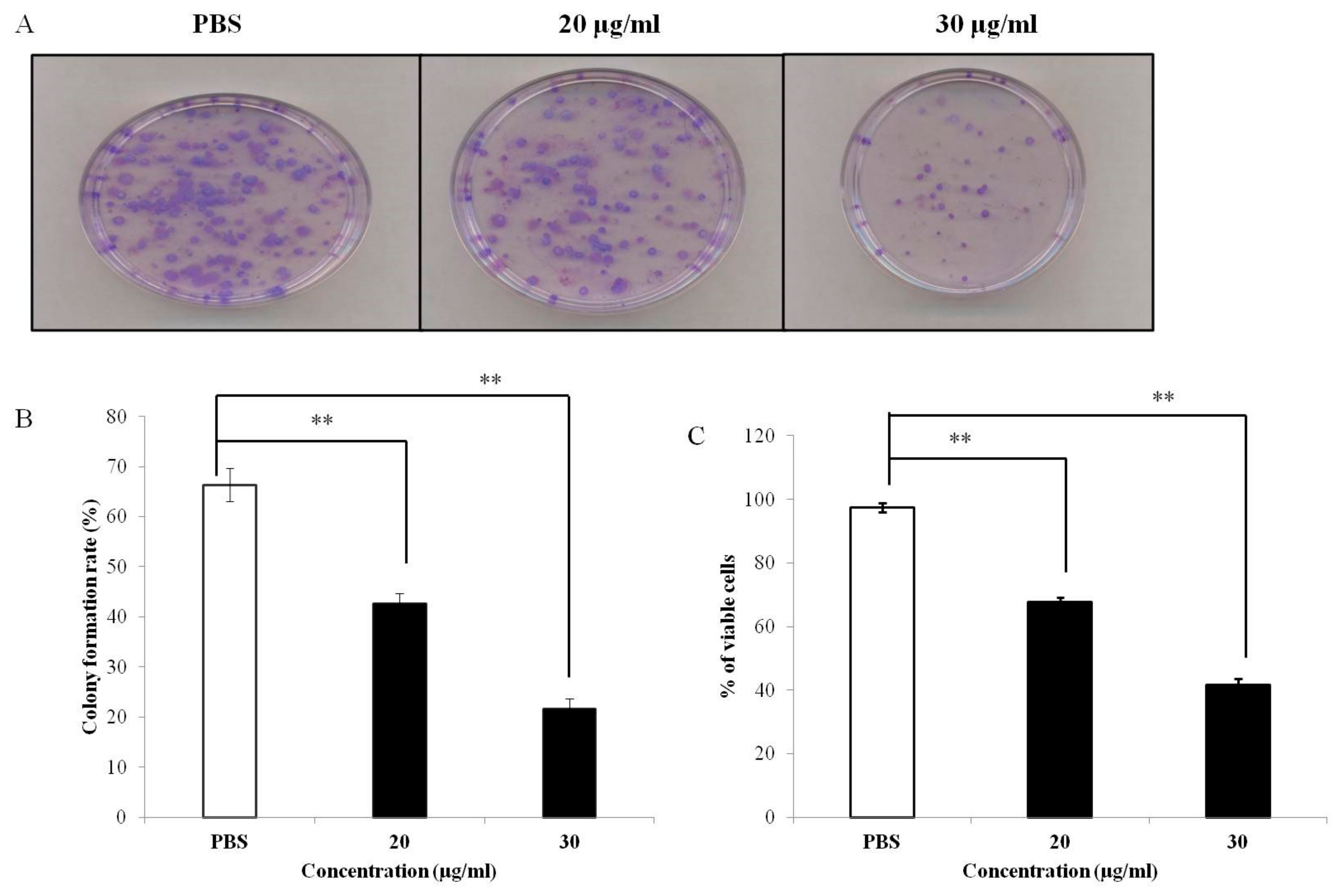
Medicina Free Full Text Pleurotus Highking Mushroom Induces Apoptosis By Altering The Balance Of Proapoptotic And Antiapoptotic Genes In Breast Cancer Cells And Inhibits Tumor Sphere Formation Html

Colony Formation And Proliferation Ability Of 870 Cancer Stem Cells Download Scientific Diagram

Suppression Of Mitochondrial Respiration With Local Anesthetic Ropivacaine Targets Breast Cancer Cells Gong Journal Of Thoracic Disease

Combined Bazedoxifene And Paclitaxel Treatments Inhibit Cell Viability Cell Migration Colony Formation And Tumor Growth And Induce Apoptosis In Breast Cancer Sciencedirect

Figure 4 Cyp24a1 Attenuation Limits Progression Of Brafv600e Induced Papillary Thyroid Cancer Cells And Sensitizes Them To Brafv600e Inhibitor Plx47 Cancer Research
Plos One Microrna 193a Inhibits Breast Cancer Proliferation And Metastasis By Downregulating Wt1

Colony Formation Assay Of Holoclones Parent Pc3 And Paraclones Four Download Scientific Diagram

Delta Tocotrienol Augments Cisplatin Induced Suppression Of Non Small Cell Lung Cancer Cells Via Inhibition Of The Notch 1 Pathway

Clonogenic Assay With Established Human Tumour Xenografts European Journal Of Cancer

A Novel Hydrazide Compound Exerts Anti Metastatic Effect Against Breast Cancer
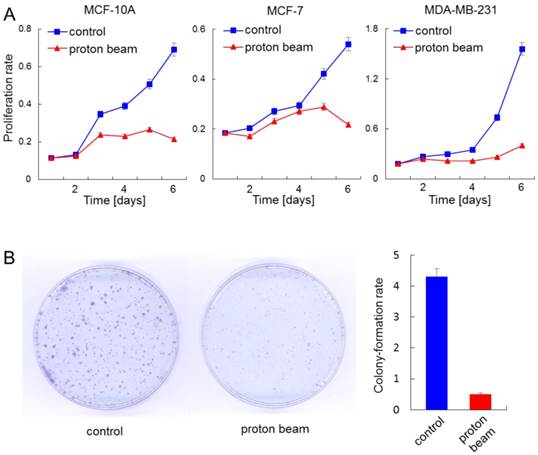
Proton Beams Inhibit Proliferation Of Breast Cancer Cells By Altering Dna Methylation Status

Targeted Radiotherapy Potentiates The Cytotoxicity Of A Novel Anti Human Dr5 Monoclonal Antibody And The Adenovirus Encoding Soluble Trail In Prostate Cancer Sciencedirect

Effect Of Dt 13 On Colony Formation Capability Of Prostate Cancer Download Scientific Diagram
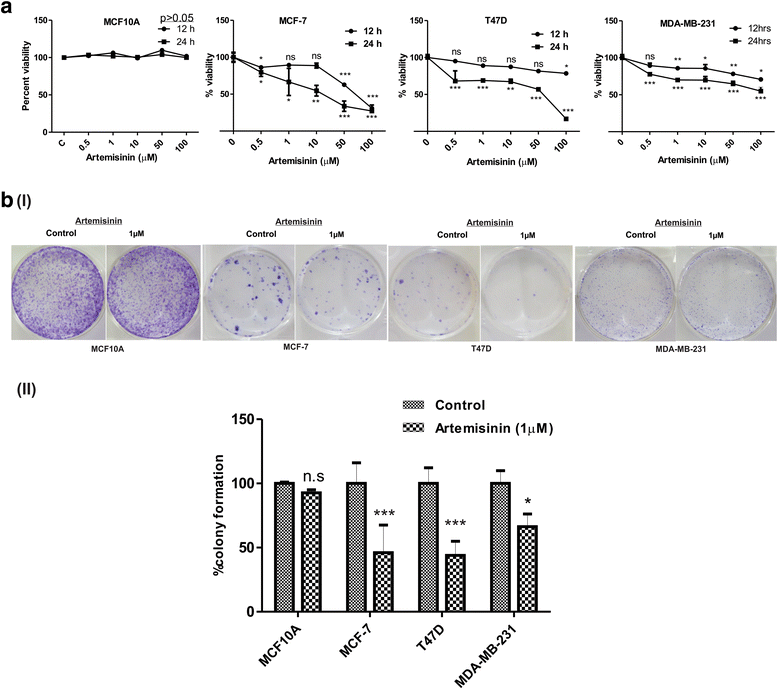
Transcriptome Analysis Of Genes Associated With Breast Cancer Cell Motility In Response To Artemisinin Treatment Bmc Cancer Full Text
Plos One Targeting Insulin Like Growth Factor 1 Receptor Inhibits Pancreatic Cancer Growth And Metastasis

Colony Formation Assays Wf Promotes Mcf 7 And Mda Mb 231 Cell Growth Download Scientific Diagram

Representative Colony Formation Assay With Monolayer Culture To Assess Download Scientific Diagram

Figure 4 From Prosopis Juliflora Sw Dc Induces Apoptosis And Cell Cycle Arrest In Triple Negative Breast Cancer Cells In Vitro And In Vivo Investigations Semantic Scholar
Plos One Targeting Mortalin By Embelin Causes Activation Of Tumor Suppressor P53 And Deactivation Of Metastatic Signaling In Human Breast Cancer Cells

Effects Of Uchl1 On The Colony Formation And Cell Proliferation Of Breast Cancer Cells
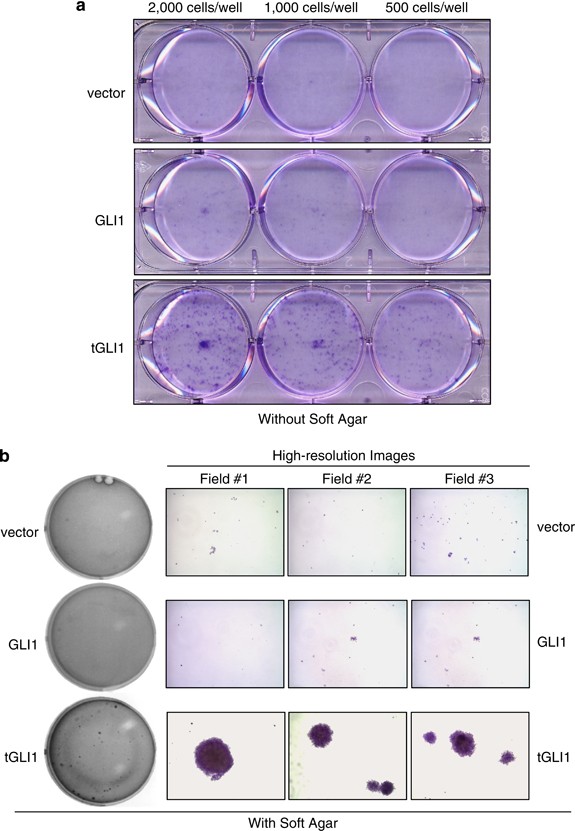
Upregulation Of Vegf A And Cd24 Gene Expression By The Tgli1 Transcription Factor Contributes To The Aggressive Behavior Of Breast Cancer Cells Oncogene

Tumor Spheroid Formation Assay Sigma Aldrich

Biotek Instruments Inc Automated Colony Formation Assay Using Cytation 7 Upright Color Brightfield Imaging Facebook
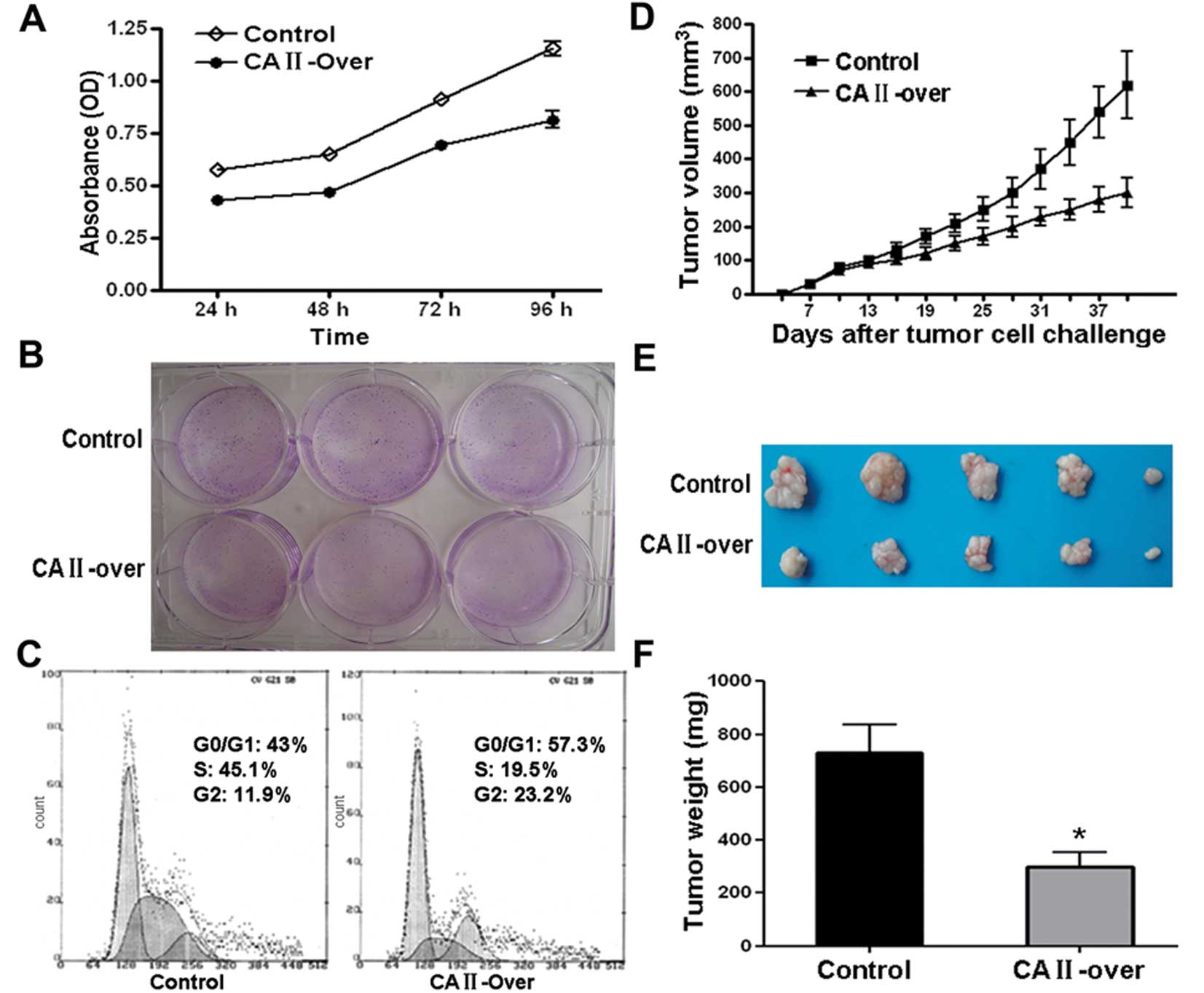
Ca Ii A Potential Biomarker By Proteomic Analysis Exerts Significant Inhibitory Effect On The Growth Of Colorectal Cancer Cells

Klotho Expression Suppresses Liver Cancer Cell Growth By Colony Download Scientific Diagram
Plos One Radiosensitizing Effect Of Diosmetin On Radioresistant Lung Cancer Cells Via Akt Signaling Pathway

Ddx5 Regulates Dna Replication And Is Required For Cell Proliferation In A Subset Of Breast Cancer Cells Cancer Discovery
Plos One Long Non Coding Rna Hotair Regulates The Proliferation Self Renewal Capacity Tumor Formation And Migration Of The Cancer Stem Like Cell Csc Subpopulation Enriched From Breast Cancer Cells

Loss Of Notch1 Activity Inhibits Prostate Cancer Growth And Metastasis And Sensitizes Prostate Cancer Cells To Antiandrogen Therapies Molecular Cancer Therapeutics
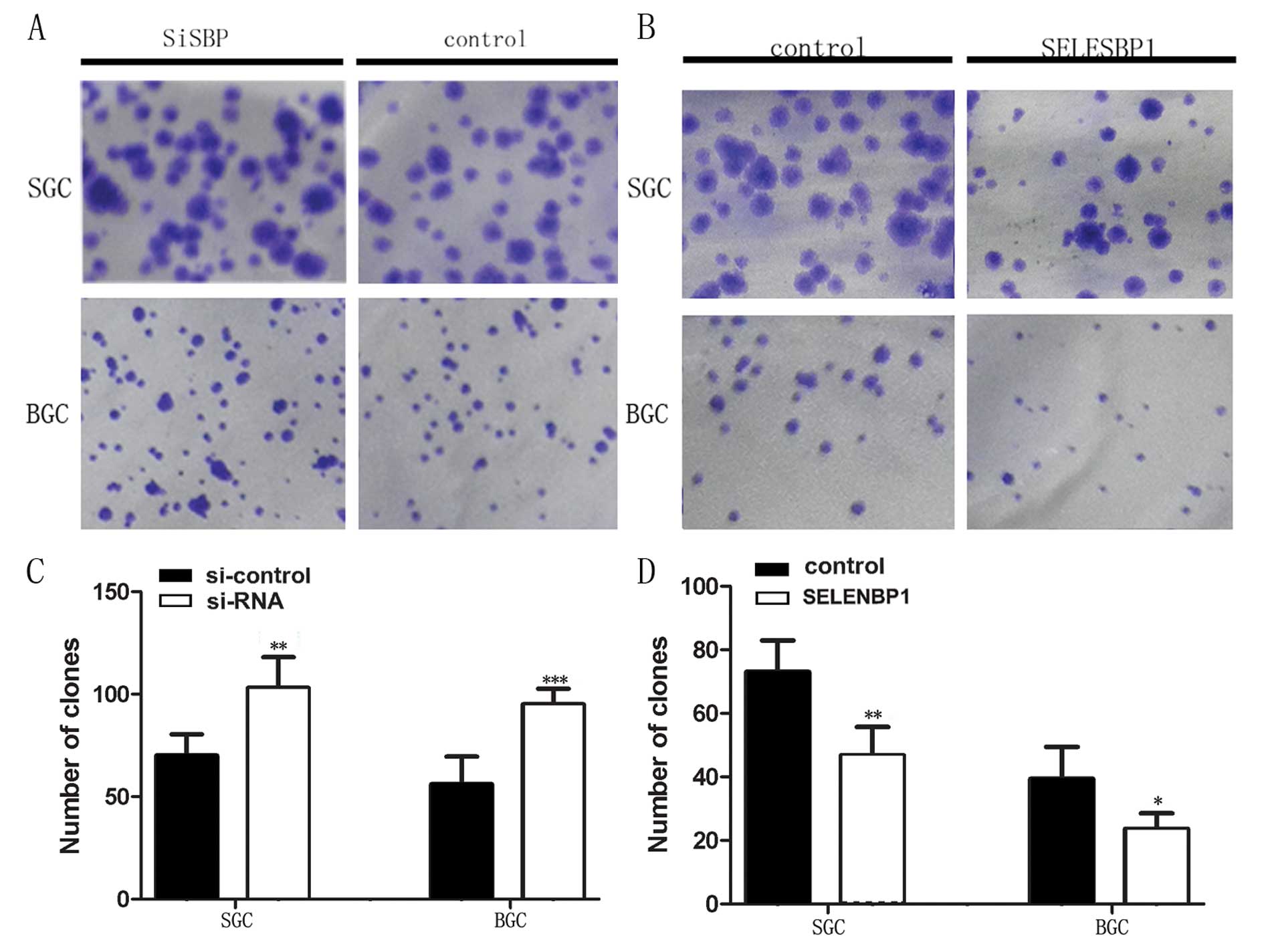
Selenium Binding Protein 1 May Decrease Gastric Cellular Proliferation And Migration

Plumbagin Induces G2 M Arrest And Autophagy By Inhibiting The Akt Mammalian Target Of Rapamycin Pathway In Breast Cancer Cells Molecular Cancer Therapeutics
Evo Inhibits Colony Formation In Pancreatic Cancer Cells A Panc 1 Download Scientific Diagram

Measuring Survival Of Hematopoietic Cancer Cells With The Colony Forming Assay In Soft Agar Semantic Scholar
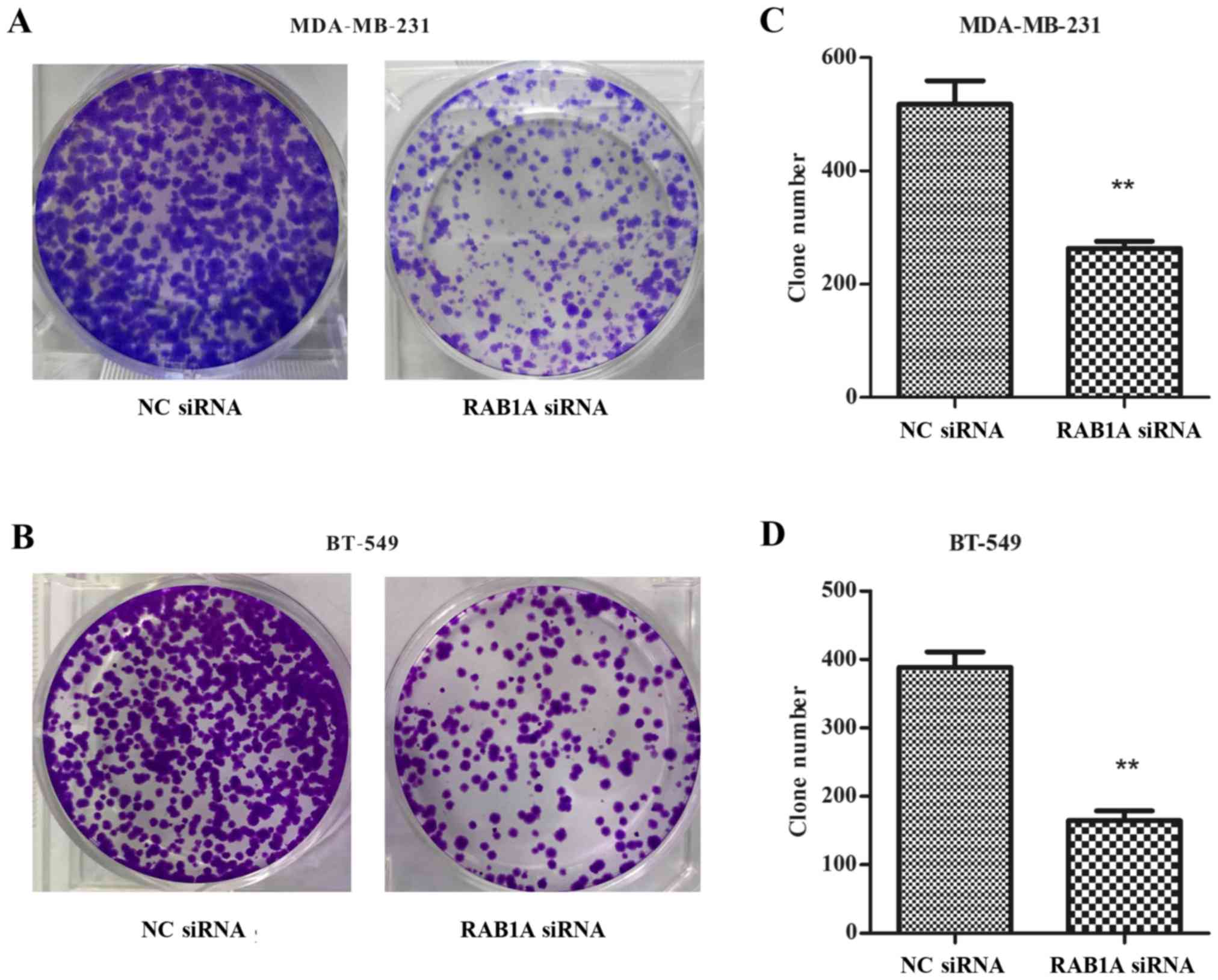
Inhibition Of Rab1a Suppresses Epithelial Mesenchymal Transition And Proliferation Of Triple Negative Breast Cancer Cells
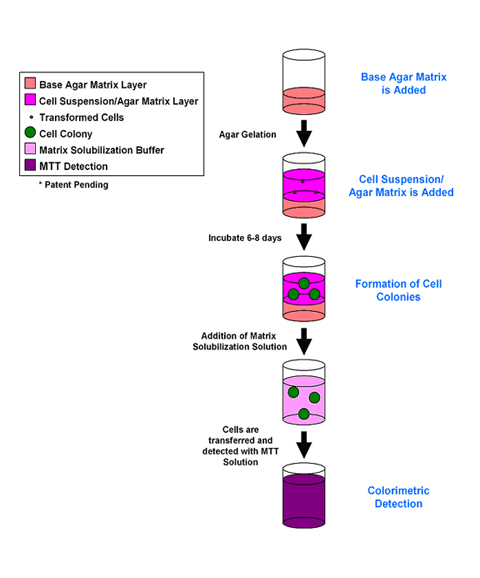
Tumor Sensitivity Assay

Utilization Of The Soft Agar Colony Formation Assay To Identify Inhibitors Of Tumorigenicity In Breast Cancer Cells Protocol
Plos One Cac1 Knockdown Reverses Drug Resistance Through The Downregulation Of P Gp And Mrp 1 Expression In Colorectal Cancer

Docetaxel Polymeric Nanoparticle Enhances Radiotherapeutic Efficacy In Human Pancreatic Cancer Park Translational Cancer Research

Figure 6 From An Anti Cancer Wxxxe Containing Azurin Polypeptide Inhibits Rac1 Dependent Stat3 And Erk Gsk 3b Signaling In Breast Cancer Cells Semantic Scholar

Colony Formation Assay Results A Influence Of Different Download Scientific Diagram
Plos One Role Of Microrna 30c Targeting Adam19 In Colorectal Cancer
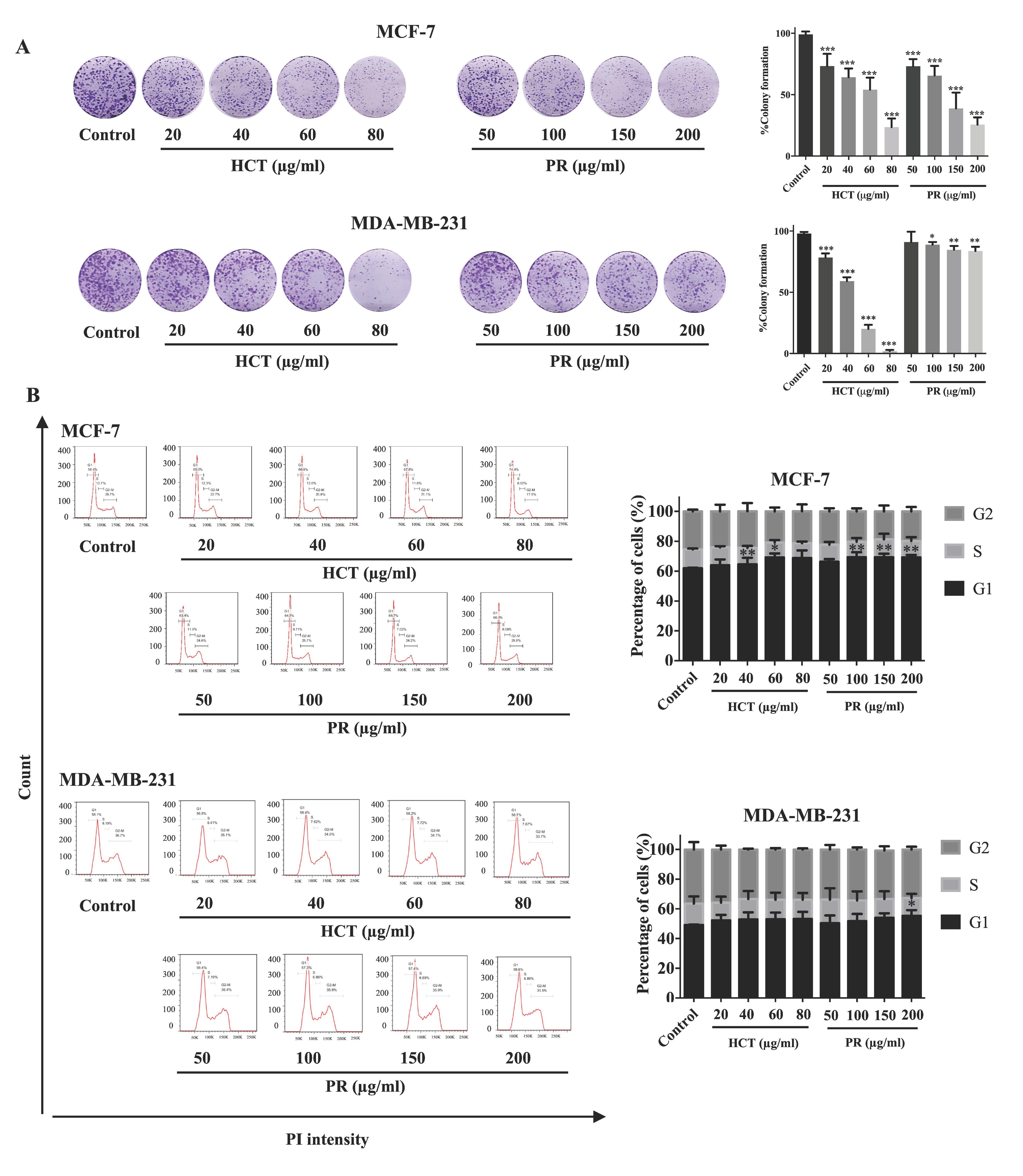
Molecules Free Full Text The Effects Of Houttuynia Cordata Thunb And Piper Ribesioides Wall Extracts On Breast Carcinoma Cell Proliferation Migration Invasion And Apoptosis Html
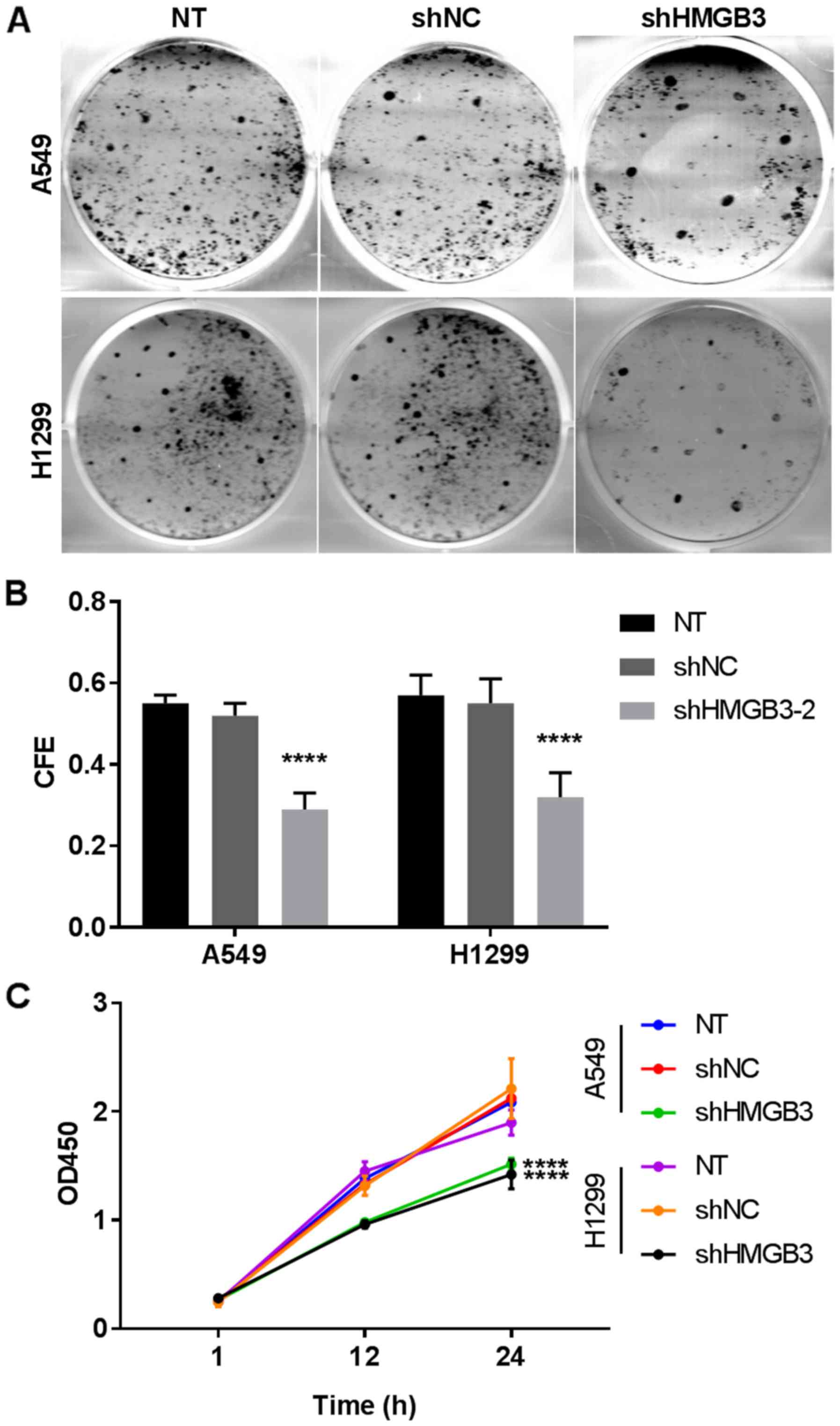
Knockdown Of High Mobility Group Box 3 Impairs Cell Viability And Colony Formation But Increases Apoptosis In A549 Human Non Small Cell Lung Cancer Cells
Biomedres Us Pdfs Bjstr Ms Id Pdf
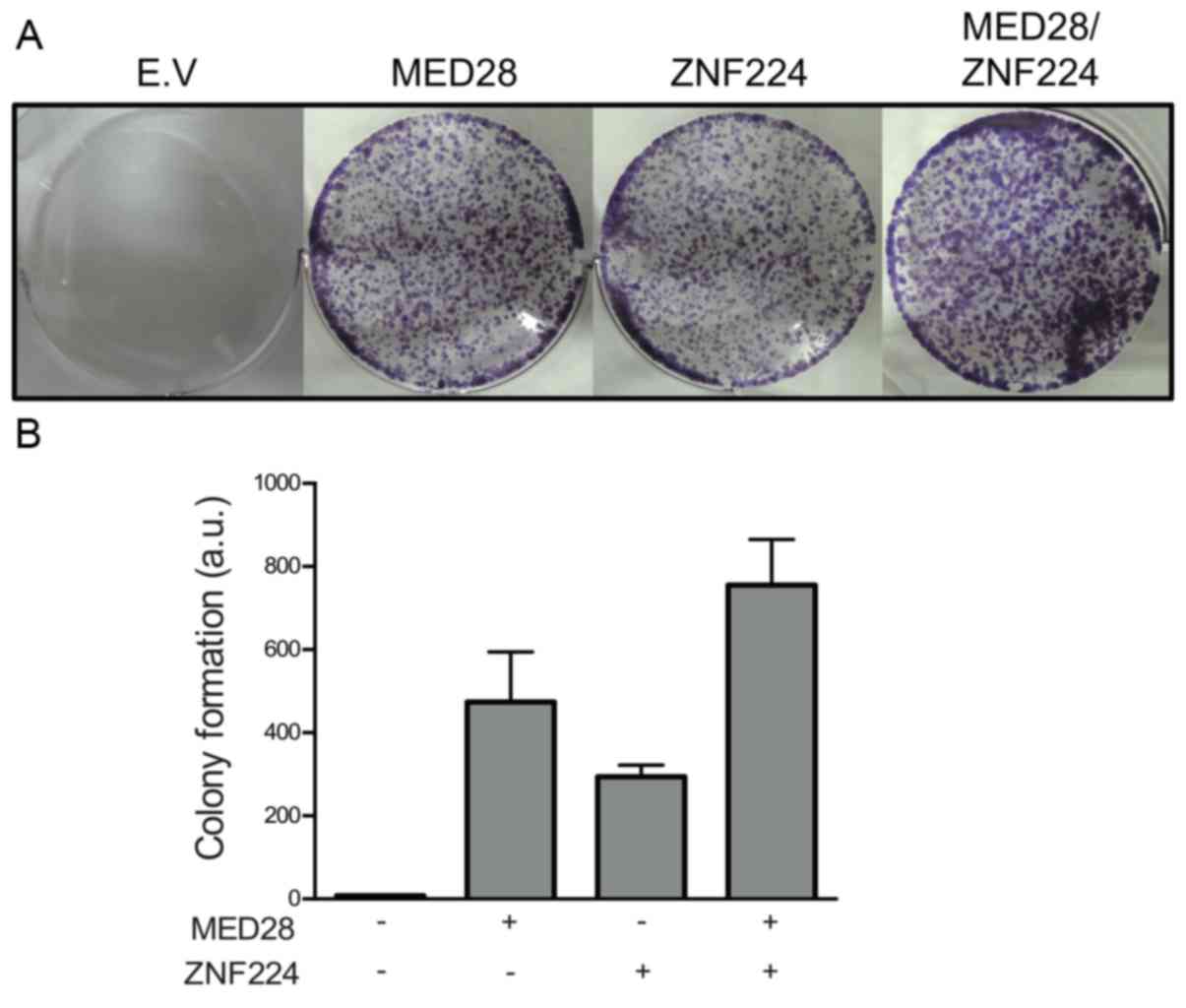
Med28 Increases The Colony Forming Ability Of Breast Cancer Cells By Stabilizing The Znf224 Protein Upon Dna Damage

Clonogenic Assay Of Four Human Cancer Cell Lines Treated With Methanol Download Scientific Diagram

Anti Tumor Properties Of Picrasma Quassioides Extracts In H Rasg12v Liver Cancer Are Mediated Through Ros Dependent Mitochondrial Dysfunction
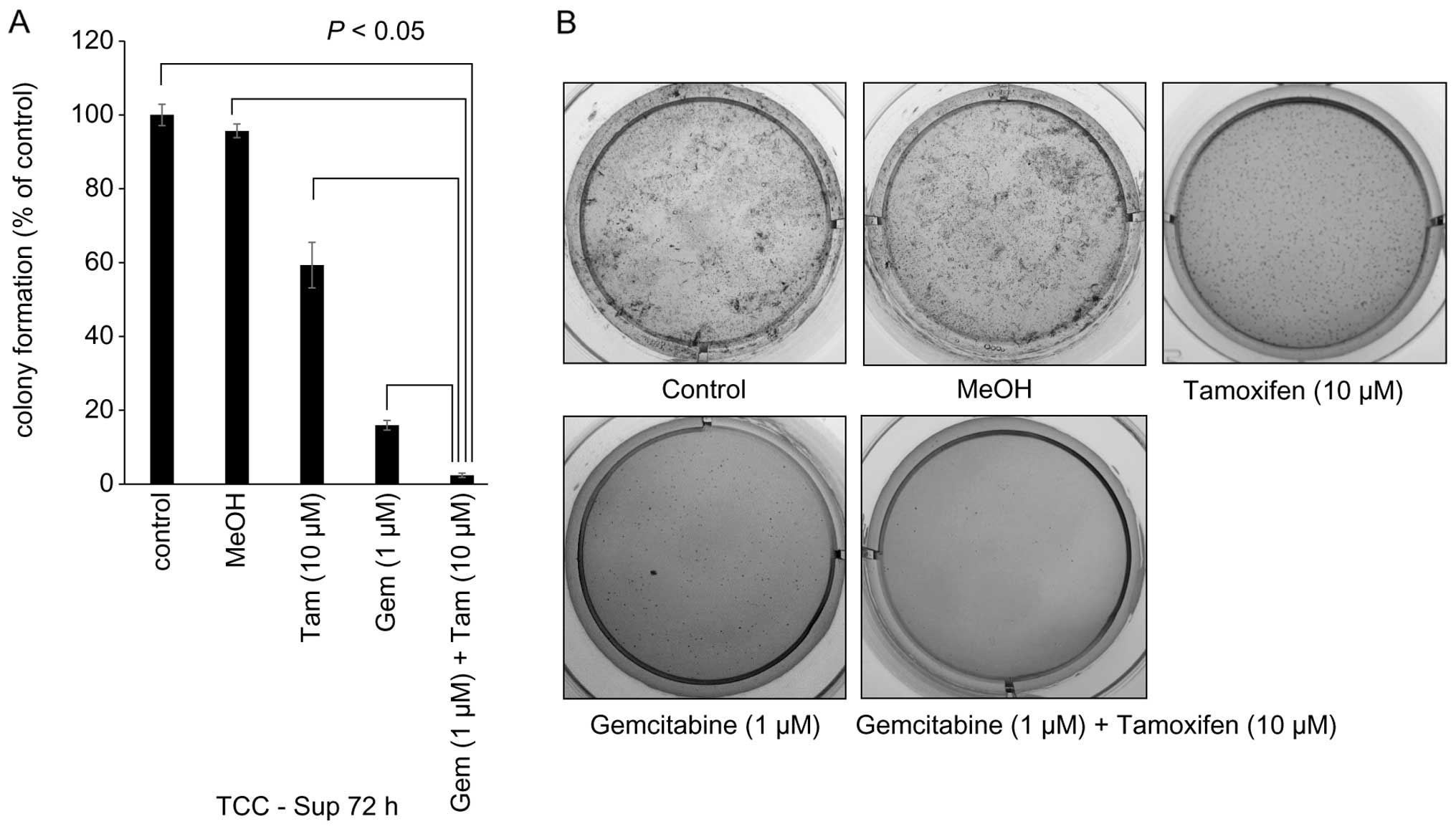
Sequential Gemcitabine And Tamoxifen Treatment Enhances Apoptosis And Blocks Transformation In Bladder Cancer Cells



